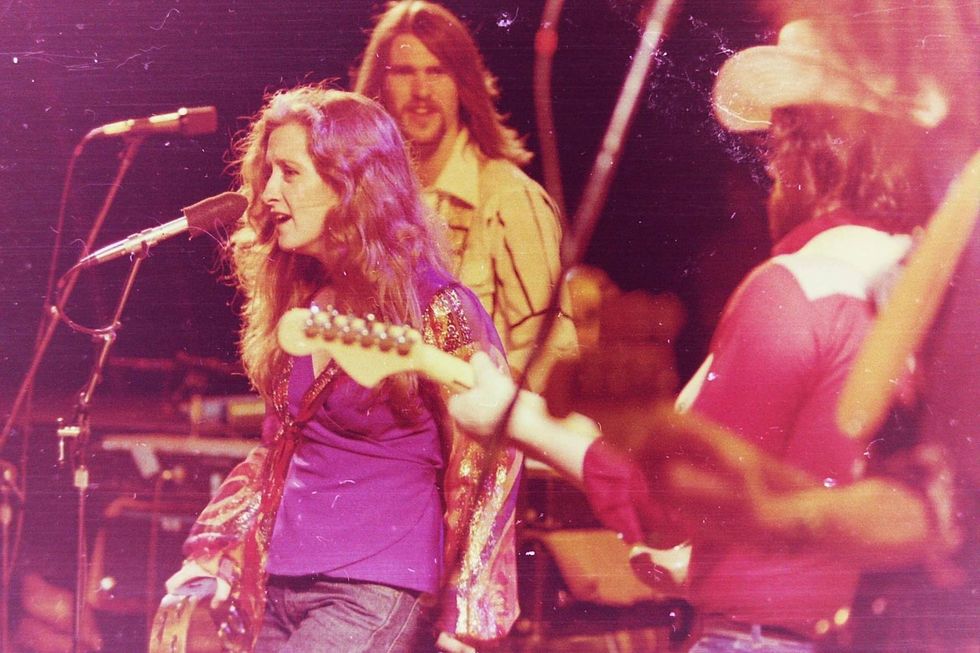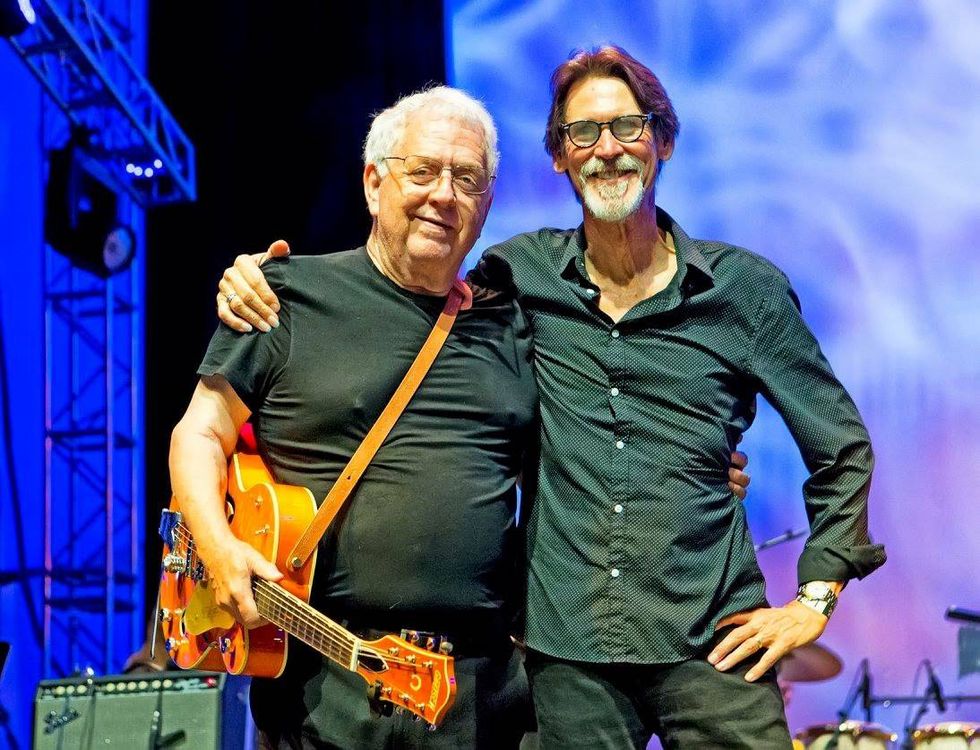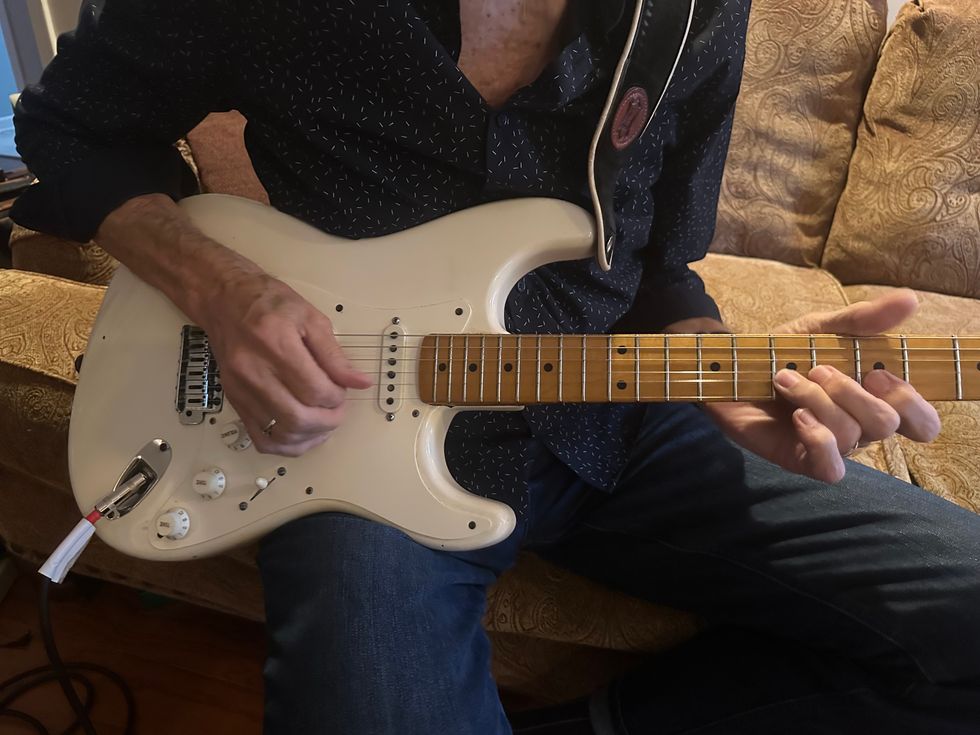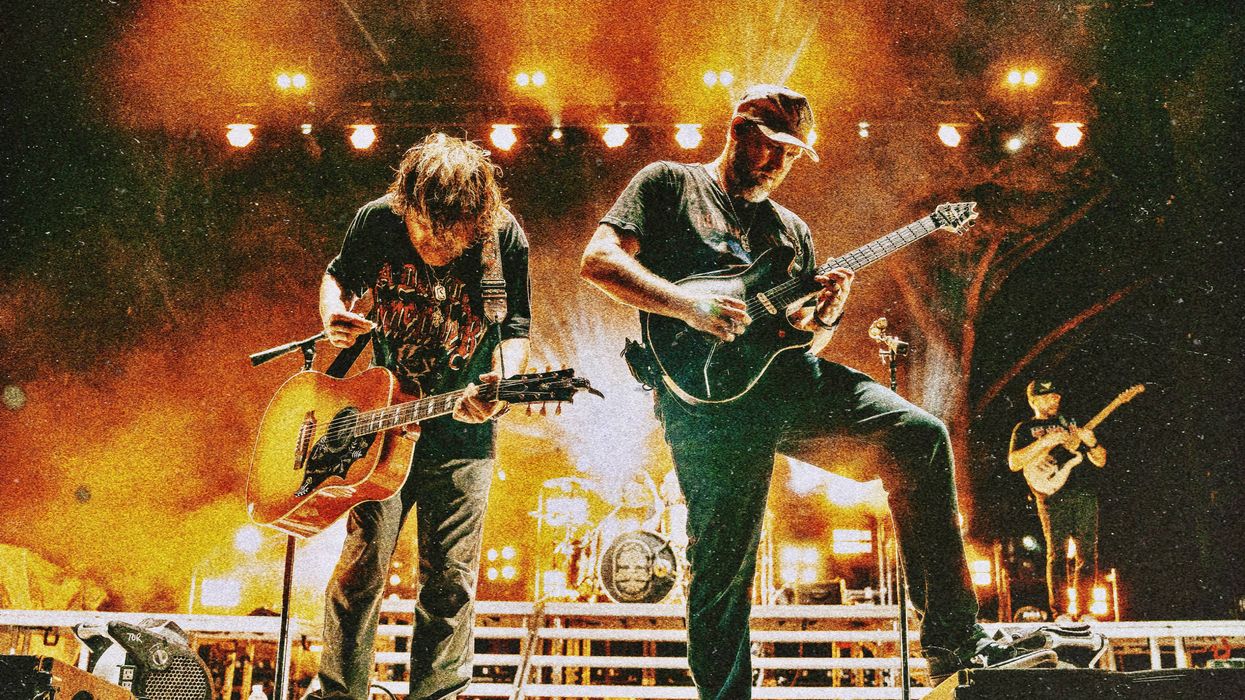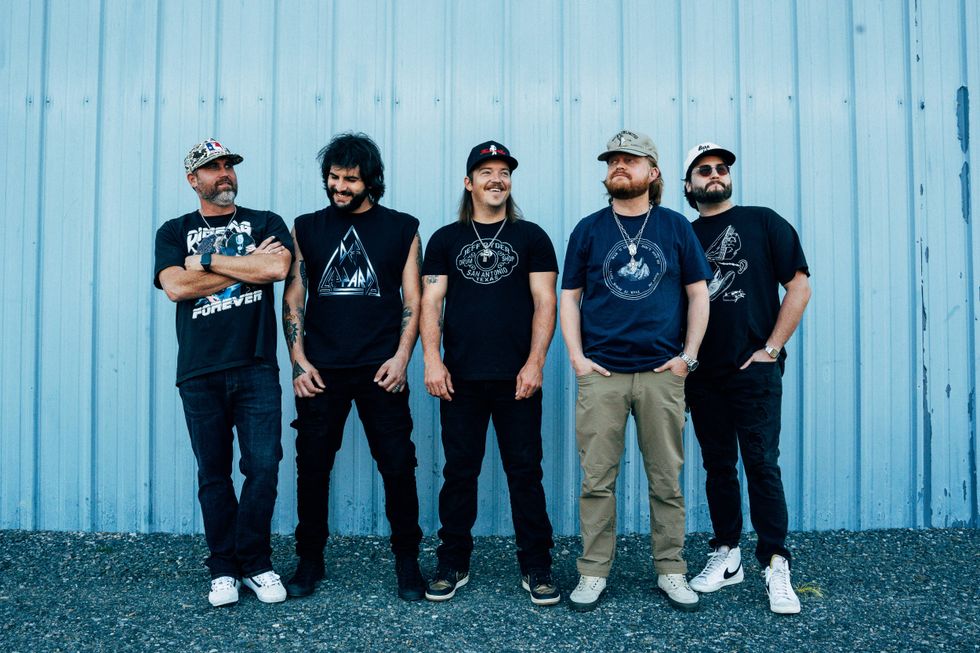Acoustic blues is a form of interdimensional travel. And on his new album, Naked Truth, Tinsley Ellis displays his mastery of being everywhere, all at once. I’d say that he has one foot in the red clay of the Delta and the dust of Africa, where the music arose from; another in the present, because breathing life into this style requires committed intention; and another in the future, where his own songs and selection of covers urge the genre. But that would be a weird choice of metaphor, because, like most of us, he only has two feet.
Besides, Naked Truth is more a matter of the head, brain, voice, and heart. Playing a 1937 National resonator and a 1969 Martin D-35, and stomping his foot for rhythmic emphasis, Ellis travels a well-plotted course through the music’s dimensions. The past eloquently echoes in his roughhouse performance of Delta-blues grandfather Son House’s parable, “Death Letter Blues,” one of the greatest stories of love and loss ever told, and his own “Windowpane,” which borrows the haunted, high-singing, minor-key template of Skip James. Ellis’ rowdy “Devil in the Room” gets its title from a line by his late friend, the musical eccentric Col. Bruce Hampton—who always instructed his bands to “put the Devil in the room.” And Ellis’ “Tallahassee Blues” and “Grown Ass Man” look at heartbreak from positions of sadness and strength, respectively. It’s the instrumentals, often, that lean hardest into the future, as Ellis’ fingerpicking and open tunings step away from blues tradition with a balance of pedal tones and melody that sync more easily with the American primitive movement and acoustic, textural music. That’s familiar territory for fans of Will Ackerman and trailblazer Leo Kottke, whose “The Sailor’s Grave on the Prairie” offers a gently assertive display of Ellis’ slide and fingerpicking prowess on Naked Truth.
“I didn’t want to sit down and practice. That’s just … oh God! But writing songs is another thing.”
“Playing acoustic solo blues is a totally personal statement,” Ellis observes. “Historically, we’re talking about musicians who could do the whole thing on their own. Men like R.L. Burnside had players who accompanied them, but they weren’t needed. They could make a roomful of people dance or smile by themselves.”
It’s only recently that Ellis has come to his acoustic solo reckoning, but his singing and playing have always sounded personal. For most of his 49 years onstage, he’s been a bandleader, earning a reputation as a skilled electric bluesman. The Atlanta-based guitarist, vocalist, and songwriter’s 22 previous studio recordings have reflected steady artistic growth—from his tenure in the Heartfixers, which he formed after college, and through a chain of albums bearing his name. Storm Warning, in 1994, was a hallmark, packed with originals, blues classics, and even Joe Zawinul’s punchy soul instrumental “Mercy, Mercy, Mercy.” That album’s “A Quitter Never Wins” was, at the time, the best summary of his electric vocabulary: a six-minute exhibition of rich, powerful singing with a touch of grit in his soulful vocal phrasing; a guitar tone that free-ranges from sweet and pure to scooped, attenuated-wah mids to hairy raw-edged soloing; and dynamics from mouse to lion. Ellis broadened his propensity for risk with 2013’s Get It!, an all-instrumental, retro-guitar freakout with eight original compositions that ricocheted from his early surf- and garage-rock influences to the mighty, Jeff Beck-like “Anthem for a Fallen Hero.” More recently, his trilogy of Winning Hand, Devil May Care, and Ice Cream in Hell helped jolt him to the Olympus of modern blues rock. Joe Bonamassa, a fellow Olympian, has described Ellis as “a national treasure.”
“I did it myself in my studio—just miked my foot and put a mic on the guitar and vocals and did take after take until I had what I wanted.”
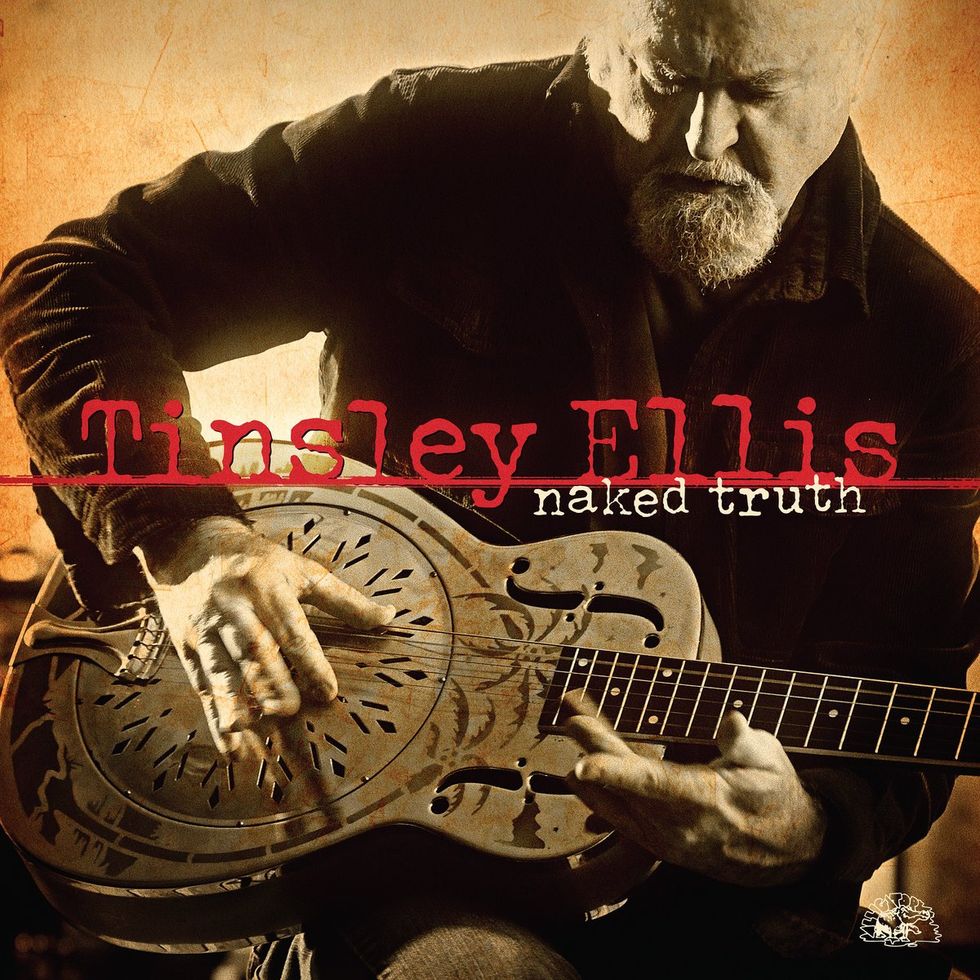
Ellis recorded his first acoustic album in his home studio, save for a track cut at his Atlanta neighbor Eddie 9V’s recording room.
Ellis spent 10 years dedicatedly working his way to becoming a musician who could “do the whole thing on his own”—which requires not only exceptional playing but great storytelling to keep an audience engaged. Onstage, his between-song tales of blues history and encounters with its characters, the fizzled romances or epic friendships that became a source of lyrics, and his wonder at the discoveries he’s had during his musical life bring his audiences closer, creating a palpable bond.
“I think it has a slight tear in the cone, so it makes a slight rattle.”
“Naked Truth is an album I’ve wanted to make since I started posting acoustic videos on social media—my Sunday Morning Coffee Songs—in 2013,” says Ellis, referring to his regular series of Facebook performances. During the pandemic, when his steady diet of gigs ended, “I was off the road for almost two years. I didn’t want to lose my chops, so I started designating every morning.... Well, I didn’t want to sit down and practice. That’s just … oh God! But writing songs is another thing. I designated Sunday mornings for posting songs and watching my news shows. The other six days, I wrote songs and dragged them into different folders on my computer. One folder was called ‘Acoustic,’ and it became apparent that I had a cool, quirky mixture of blues and folk songs in there. I approached Bruce [Iglauer, head of Alligator Records] about the concept of an acoustic album, and he was open to it.”
Tinsley Ellis' Gear
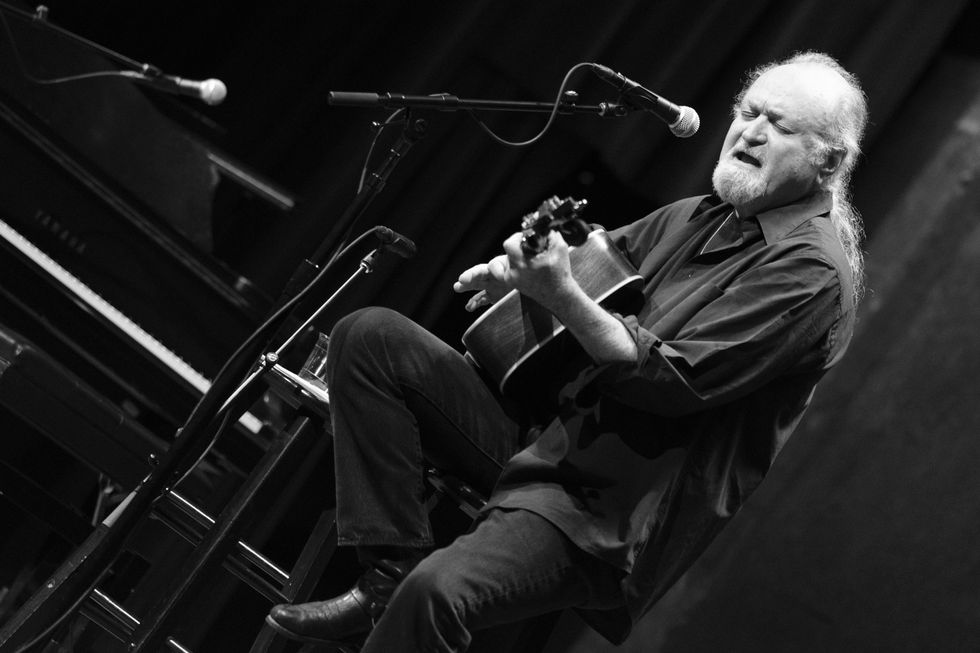
Ellis is currently on a cross-country solo concert tour—one musician, two guitars, and a car.
Photo by Joseph A. Rosen
Acoustic Guitars
- 1937 National O Series resonator
- 1968 Martin D-35
Recording Microphones
- Shure SM57, Neumann TLM 103
Strings, Slide, & Picks
- Ernie Ball Earthwood (.012–.054, for the Martin)
- Ernie Ball Not Even Slinky (.012–.056, for the National, with an unwound G at the advice of Warren Haynes)
- Brass slide
- Medium-gauge picks (typically for standard tuning)
So, the next step was recording in earnest. “I did it myself in my studio—just miked my foot and put a mic on the guitar and vocals and did take after take until I had what I wanted. One song on the album, ‘Death Letter Blues,’ was from a demo I did at Eddie 9V’s studio here in Atlanta. I just couldn’t get a version that sounded as good as that demo.” Ellis depended on two microphones to achieve the rich, slightly dark guitar tones on Naked Truth: a Neumann TLM 103 and a Shure SM57. (The recordings were mixed and mastered by Atlanta-based producer Tony Terrebonne.) The rest was in his touch, which is determined, tough, and precise—exactly the way he saw Muddy Waters and other blues legends bear down on their guitars as he was coming up in the music. The various tunings on the album—standard, drop D, open G, open Dm, and DADGAD—also add variety to its sound. And then there’s his National, which has been appealingly raucous since he bought it years ago at Willies American Guitars in St. Paul, Minnesota, while on tour.
“I sat at the feet of Howlin’ Wolf and Muddy Waters a bunch of times.”
“I think it has a slight tear in the cone, so it makes a slight rattle,” Ellis explains. “The salesperson there said, ‘Now, you’re going to want to replace it,’ and I did, but it didn't sound right. It was too precise, too bluegrass, too Jerry Douglas. So, I put it back in there. I like it, and nobody’s ever complained about it.” Consider it the organic equivalent of a low-gain distortion pedal.
As a child of the ’60s and early ’70s, Ellis grew up on the original wave of garage rock, when bands like the Standells and Nightcrawlers were setting teenage angst to three nasty chords, and more expert pickers, like Johnny Rivers and Lonnie Mack, were clearing the path for the arrival of the first generation of classic rock-guitar heroes. Thanks to an older brother, blues also seeped into his listening. That led to a pivotal experience at the Swinger’s Lounge in the Marco Polo hotel in North Miami Beach, Florida, not far from where the Ellis family lived.
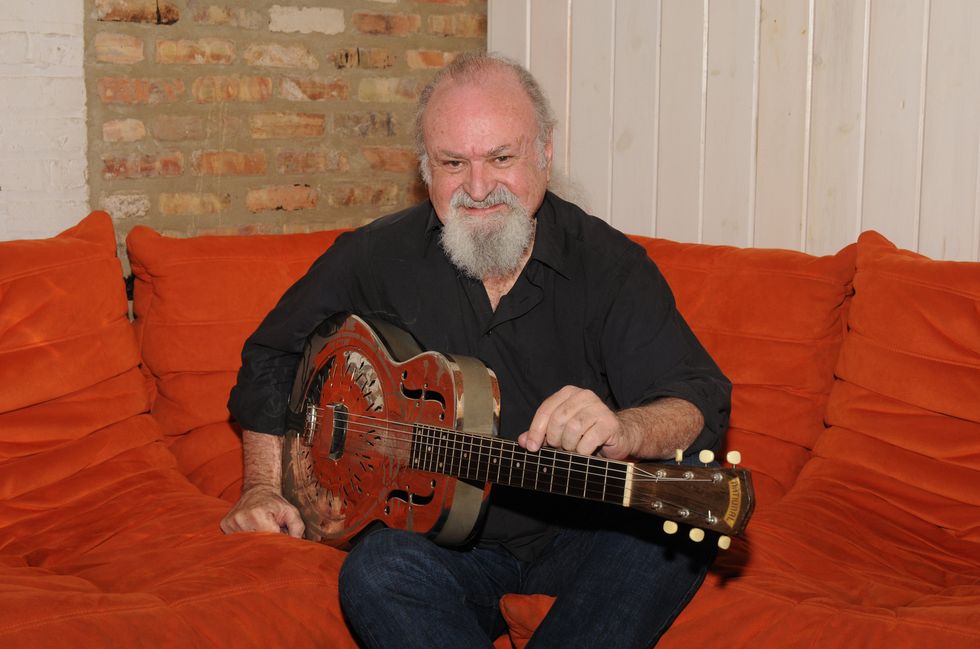
Backstage, all 87 years of its life are reflected in the finish of Ellis’ National resonator.
Photo by Jim Summaria
“B.B. King and his band were playing there for a week, and whoever played there had to do a teen matinee,” Ellis recalls. “My dad loaded up the station wagon and took me and my friends to see this guy, who was supposed to be ‘the Man.’ My brother had come into my room when I was listening to Mike Bloomfield, on the Al Kooper Super Session album, and said, ‘If you like this guy, you’ve got to hear B.B. King.’ So, there we were. I sat right in the front. It just blew my mind! I could see where the real blues was coming from—where Duane Allman, Eric Clapton, Mike Bloomfield, and Johnny Winter were getting it. And then, after the show, he greeted us in the lobby and talked to us for what seemed like hours. It was probably really 45 minutes or something. He was the nicest man. And that was it for me. After that, I was always in the front row. I sat at the feet of Howlin’ Wolf and Muddy Waters a bunch of times.”
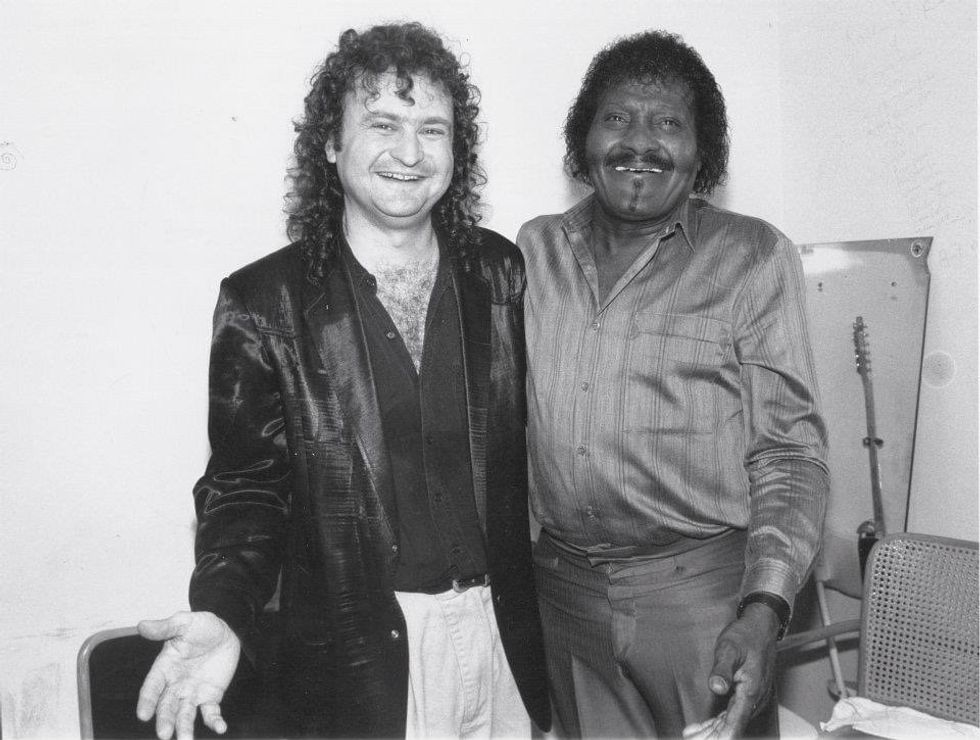
Ellis has performed with and observed a coterie of his blues influences since the late 1960s. Here, he poses backstage with the high-octane “Master of the Telecaster,” Albert Collins, in 1980.
Photo by Lisa Seifert/Courtesy of Tinsley Ellis
The die thus cast, Ellis played through junior high, high school, and college, and got hired by an Atlanta-based touring blues band called the Alley Cats after he graduated. Later, he put together the Heartfixers, who became one of the Big Peach’s favorite musical sons, and cut their first album with folklorist and musicologist George Mitchell as producer. Their 1982 debut was made in one night, for $105. And from there, Ellis made his way into the international blues scene. Over the decades of constant touring, Ellis landed at the Alligator label, then to Capricorn Records, then to Telarc, and back to Alligator. (“I got passed around like a joint,” he observes, laughing.) He also released music independently, on his Heartfixer label, and made his return to Alligator again in 2018, with his electric blues style now fully grown. Songs like that album’s “Kiss This World,” where Ellis echoes the furious expressionism of Buddy Guy, and the epic “Saving Grace,” which recalls both Jimi Hendrix and Robin Trower in its roaring, swirling, Uni-Vibe vibe, mark him as a player for the ages.
Which brings us back to his navigation of the omniverse of acoustic blues. “One thing I’ve noticed about these shows, as opposed to my electric shows of more than 45 years, is that people are smiling. With my electric show, there was so much snarling and stuff onstage that the audience was also making serious faces. I didn’t see a lot of smiles. So, I think really what I need to do is get to where I’m playing some music that’s going to put more smiles on people’s faces, because with what’s going on in the world, people really need to lighten up. Maybe I can be somebody that will help them do that, and maybe this album is doing that—for them and for me.”
YouTube It
Tinsley Ellis and his slightly rattling National resonator faithfully conjure the fire-and-brimstone spirit of the Delta-blues great Son House in a performance of the latter’s “Death Letter Blues,” from Ellis’ new album Naked Truth.




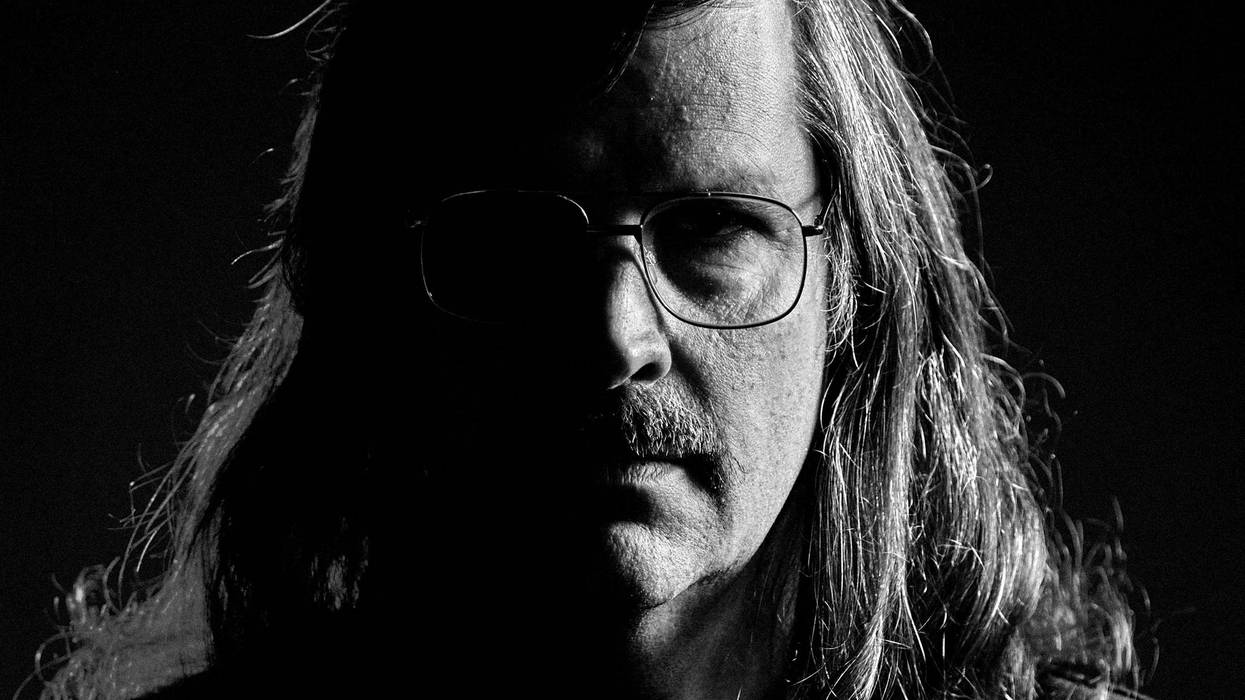
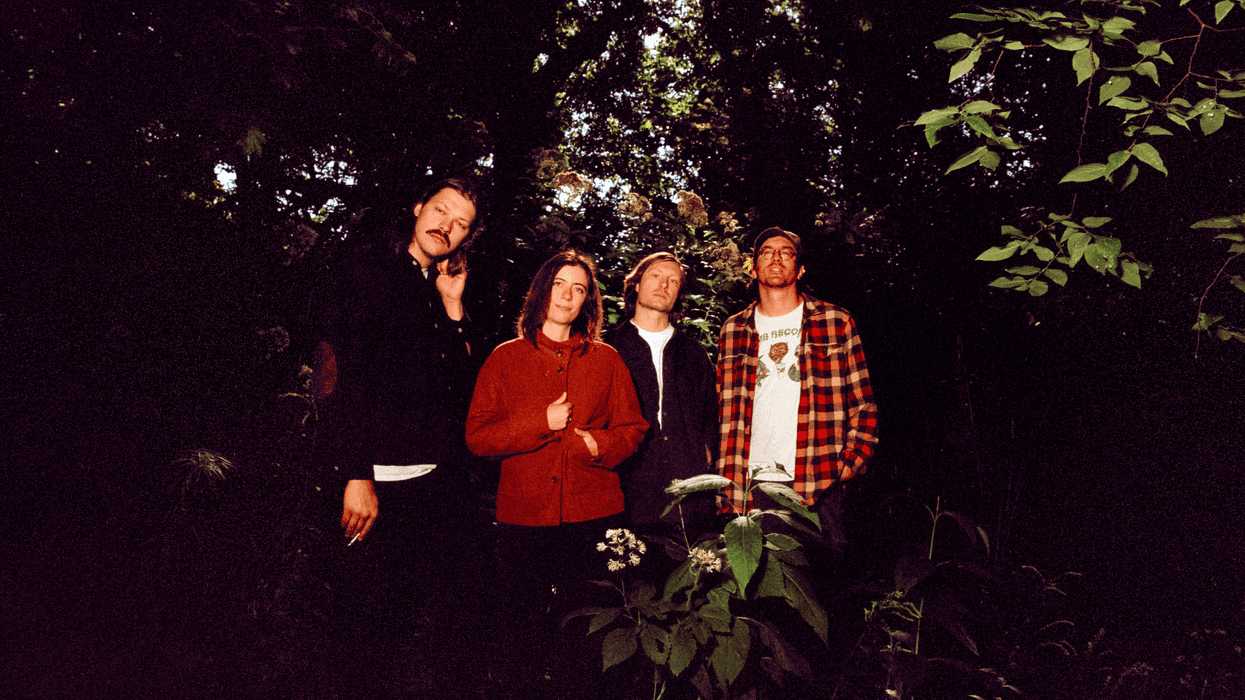

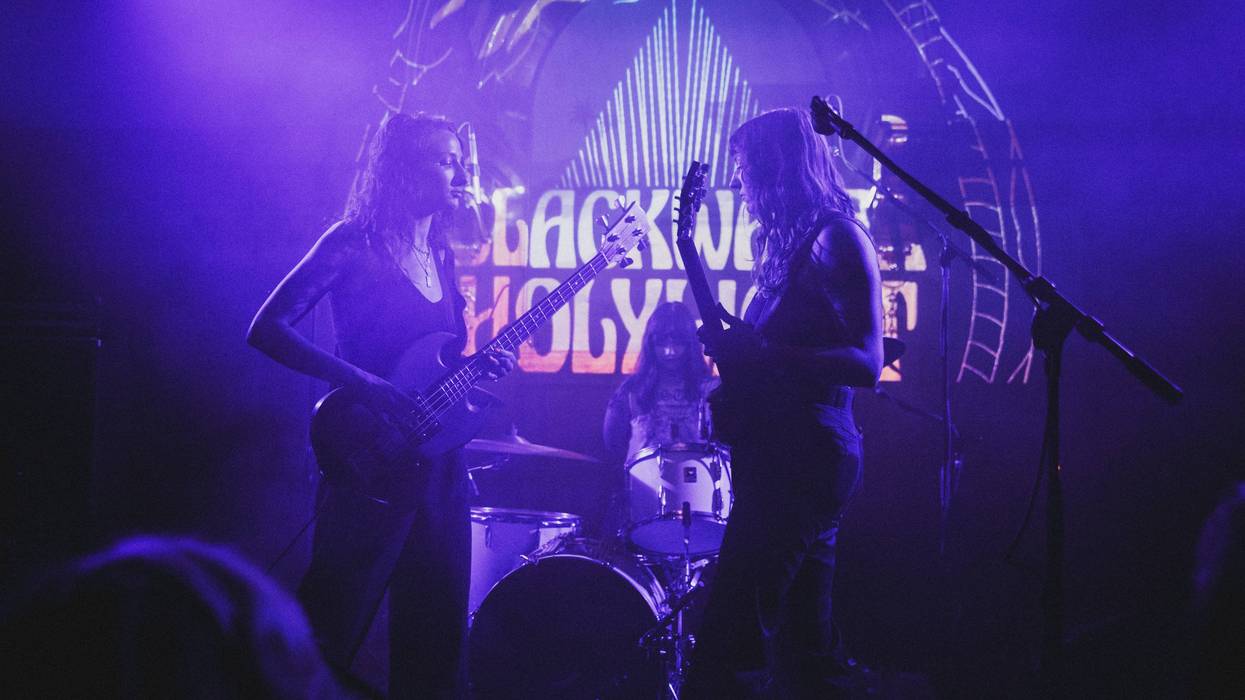
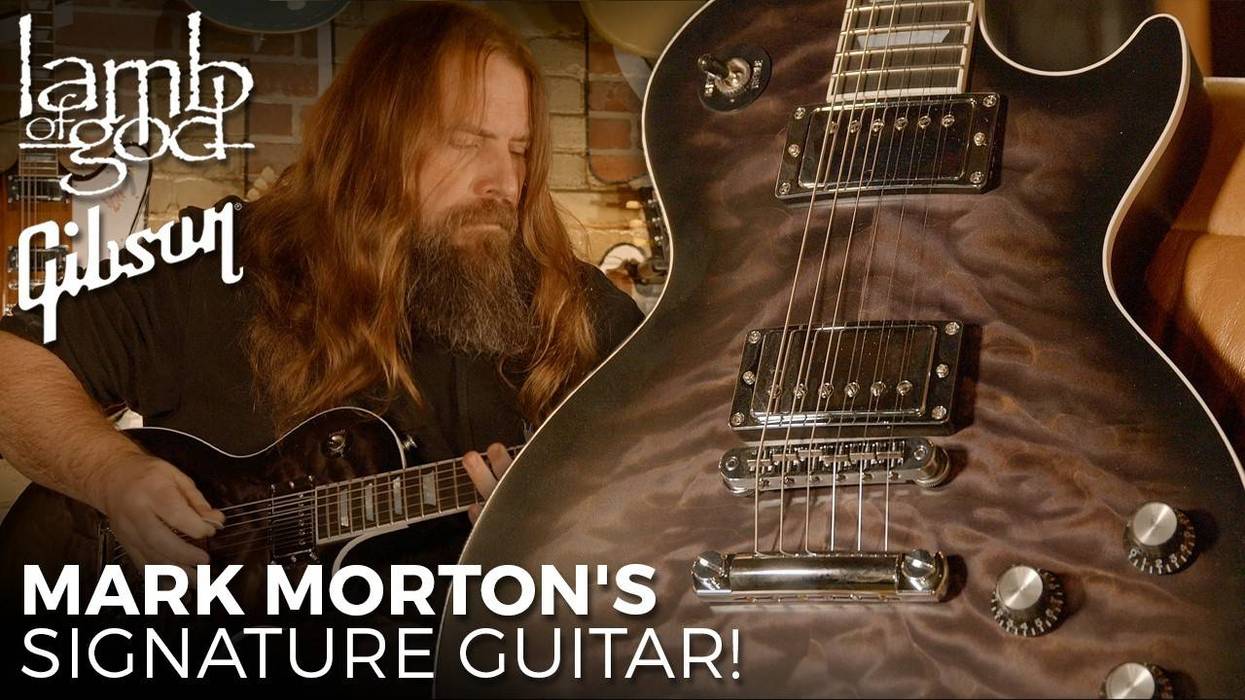
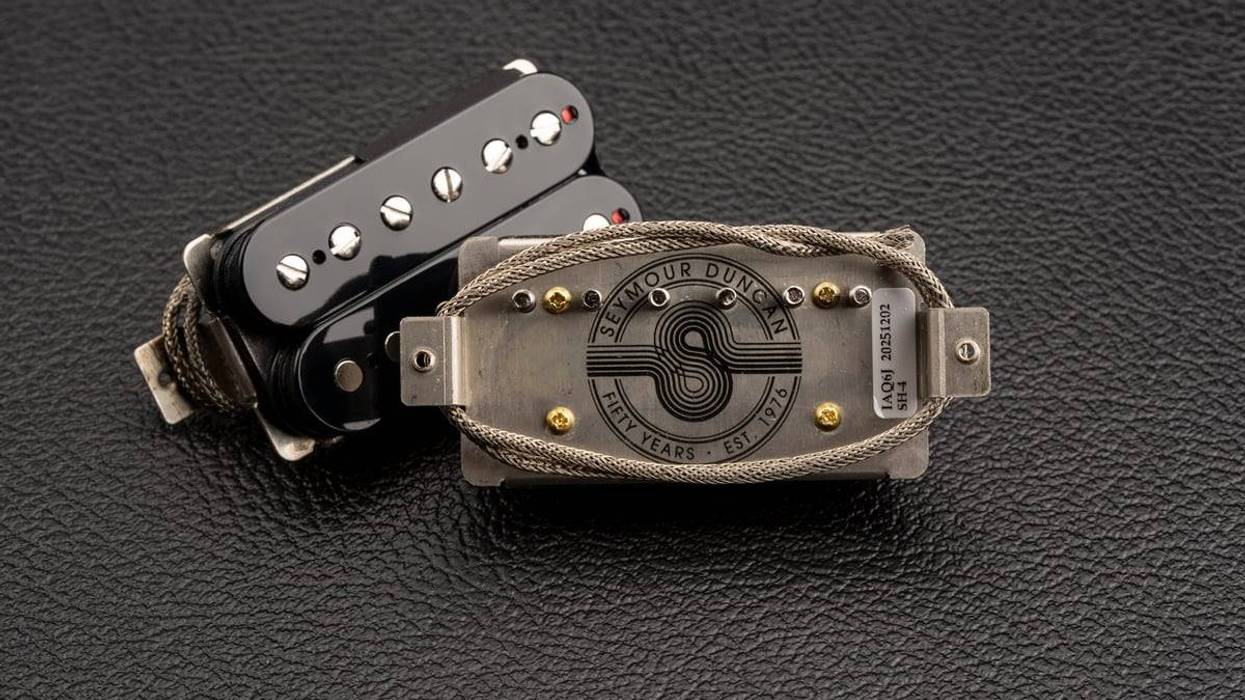
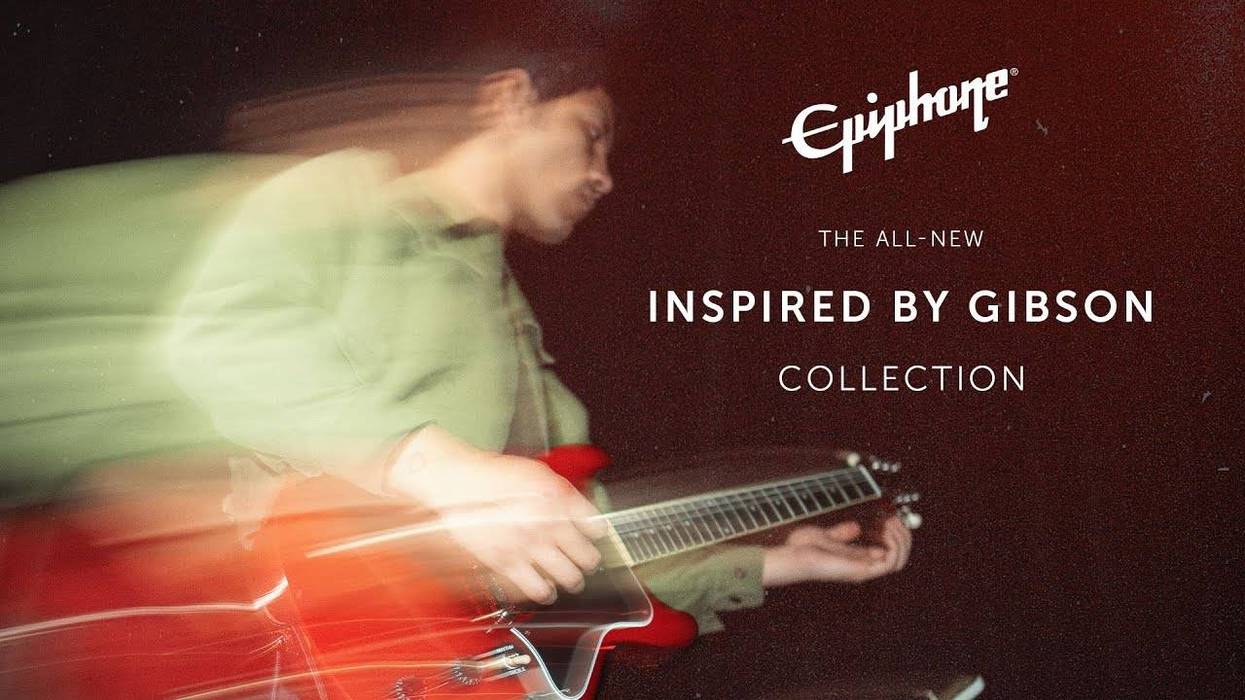
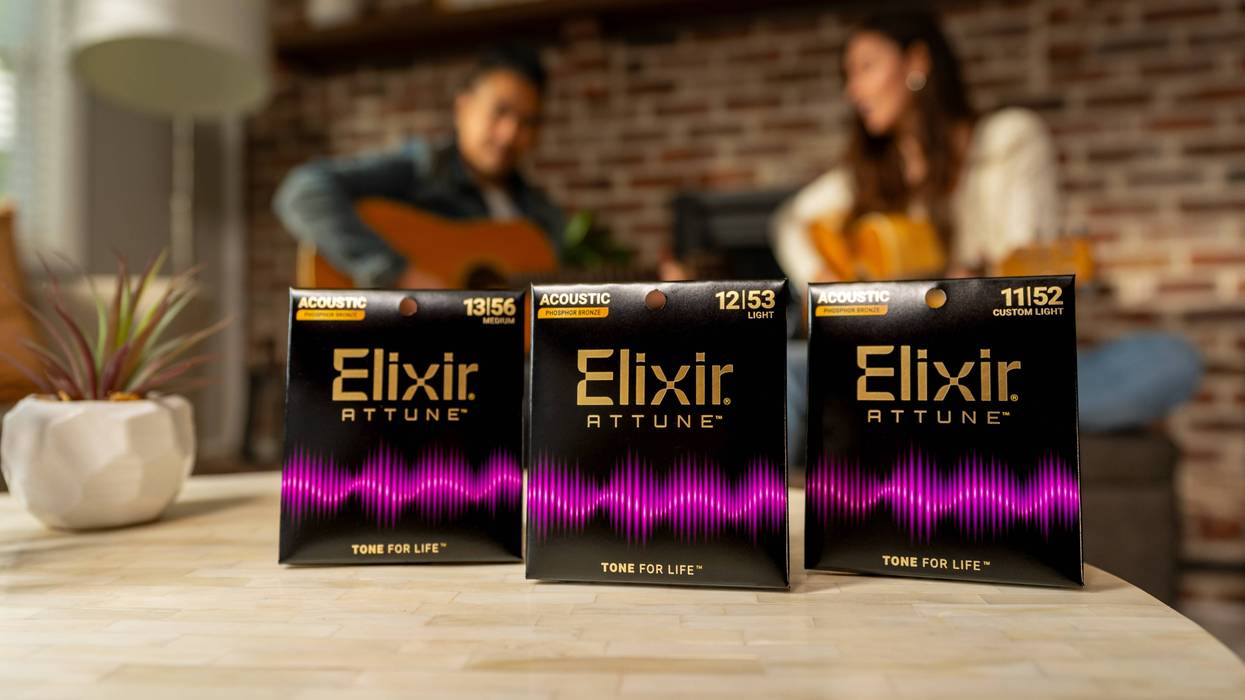



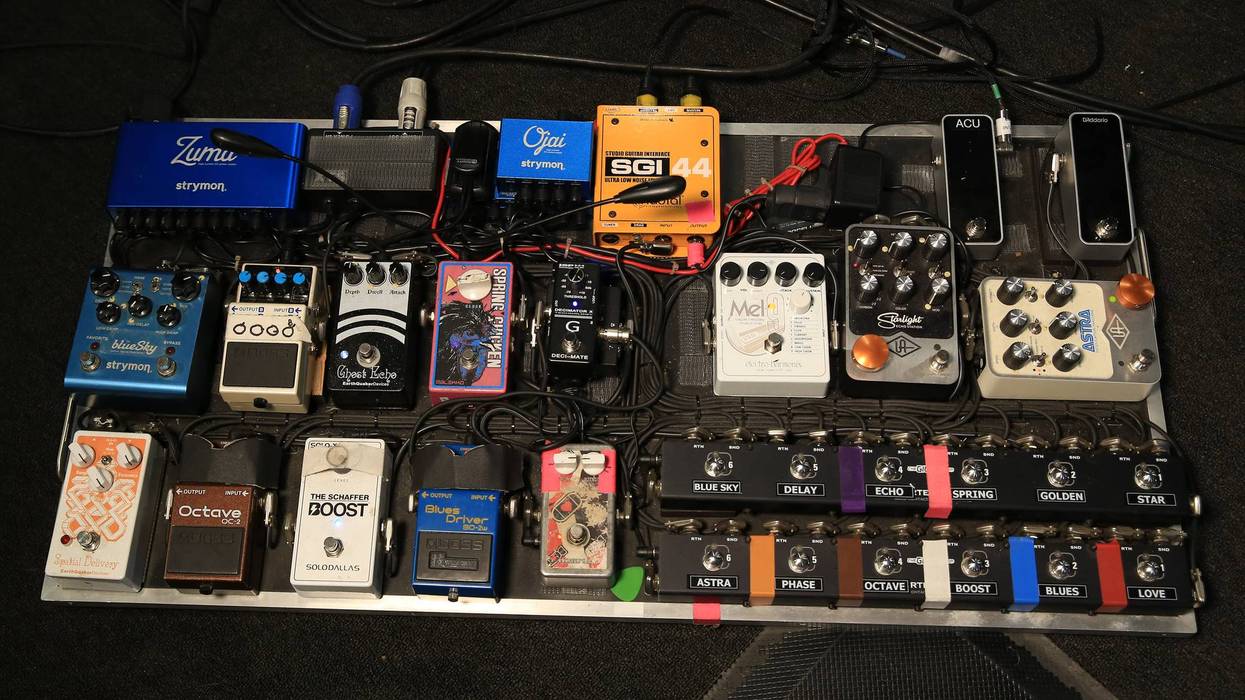
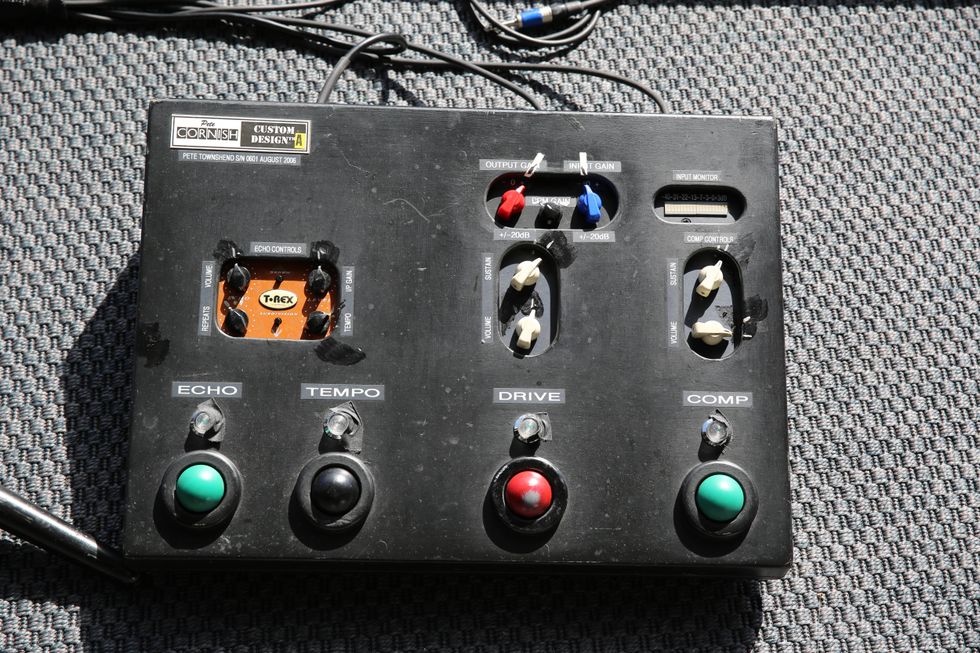
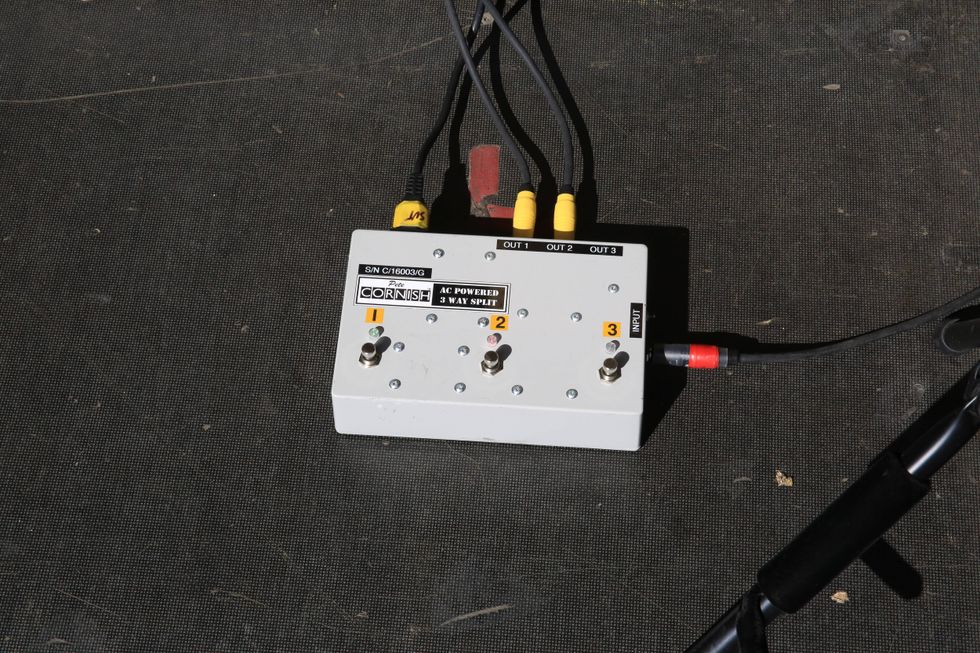
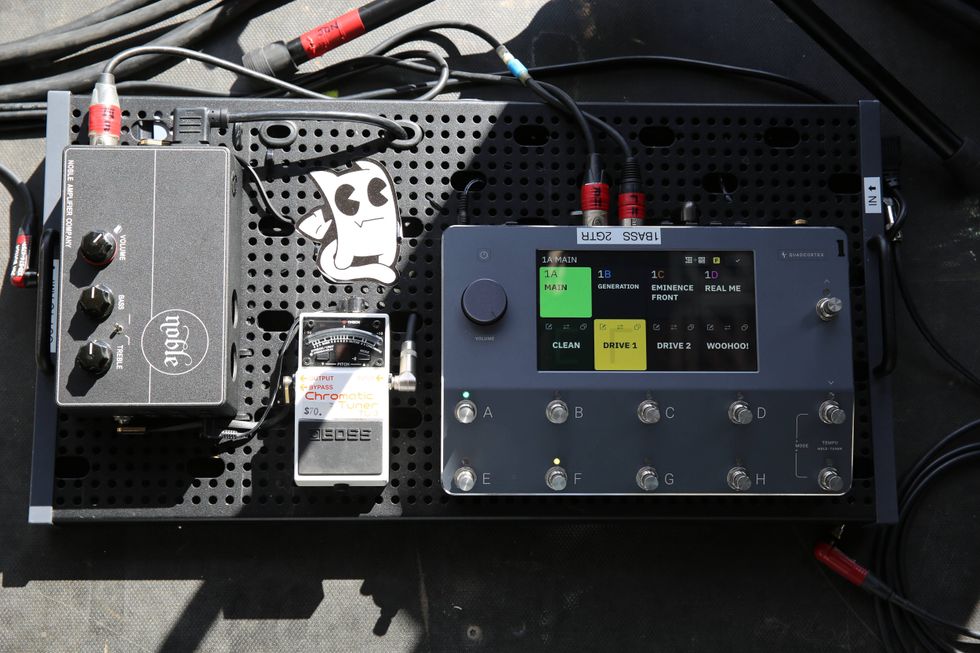
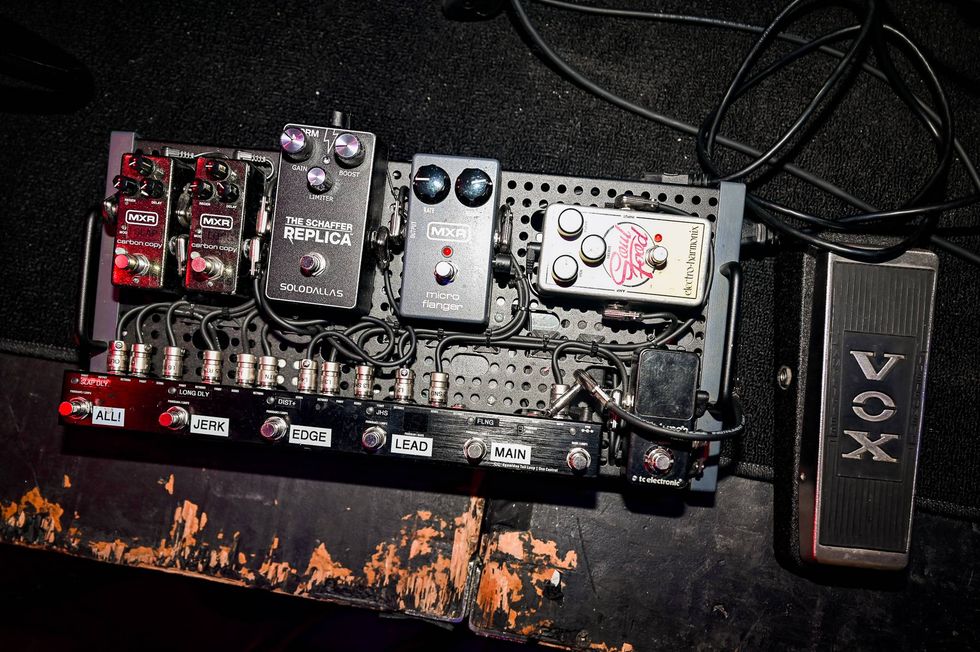
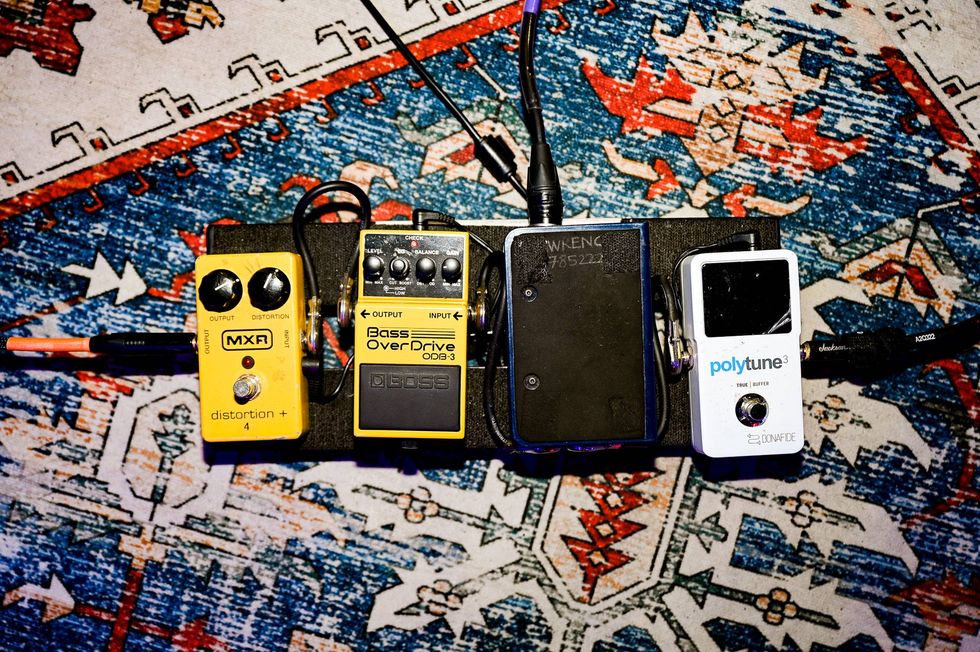
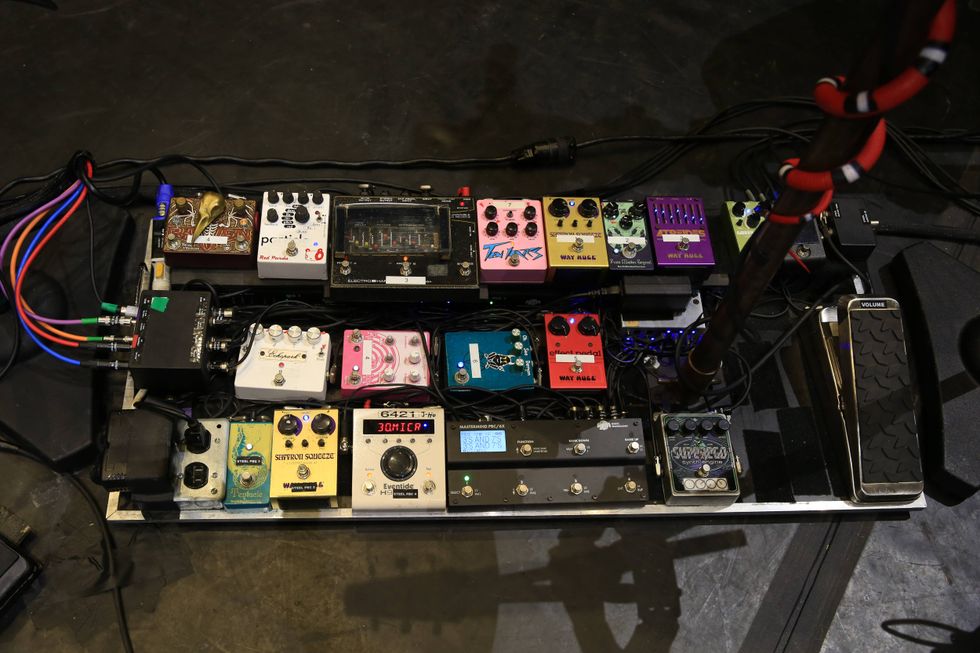
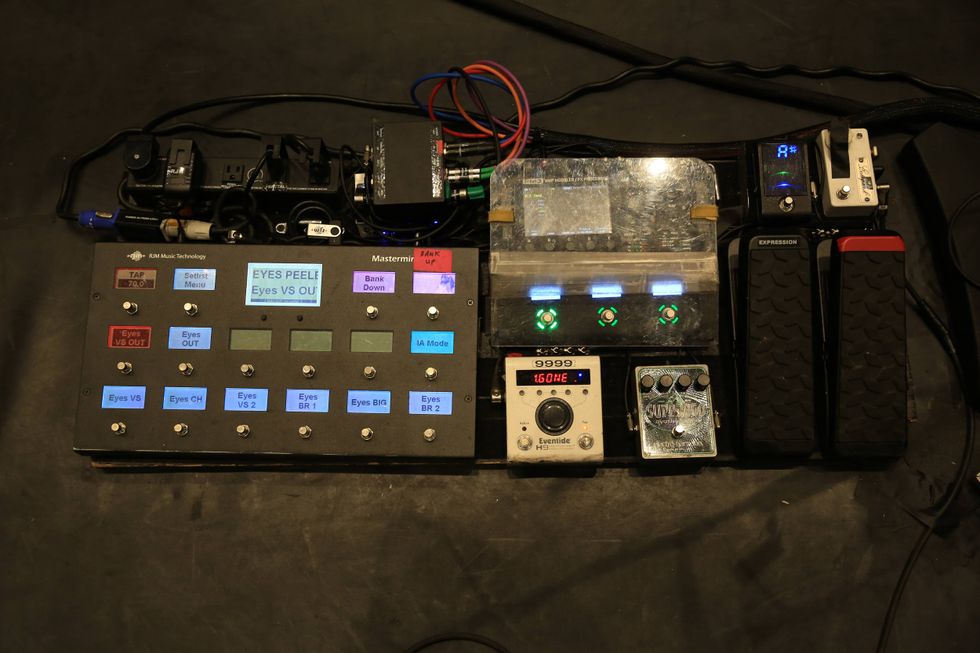
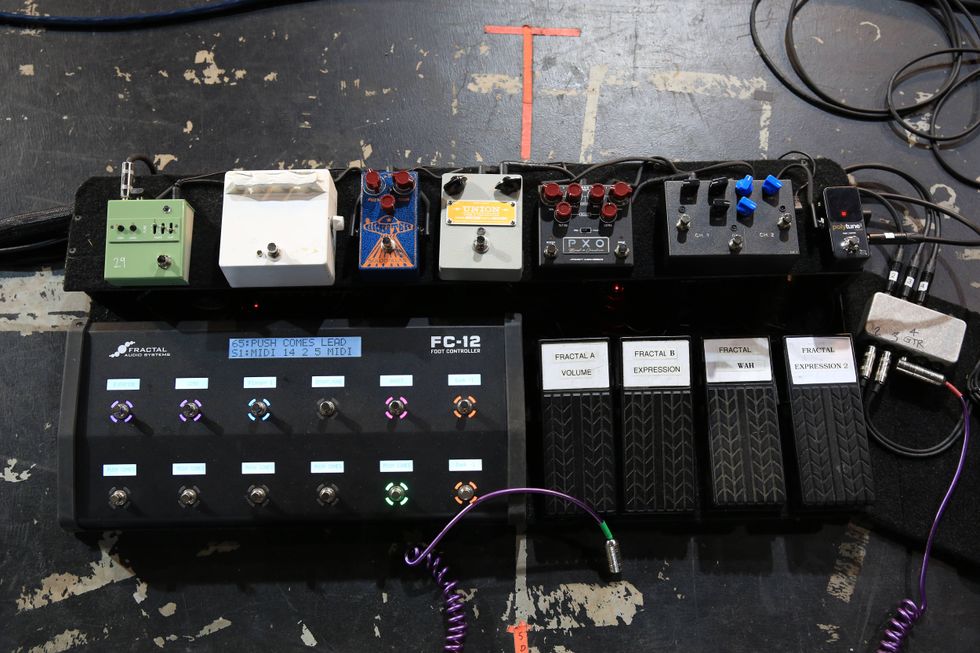
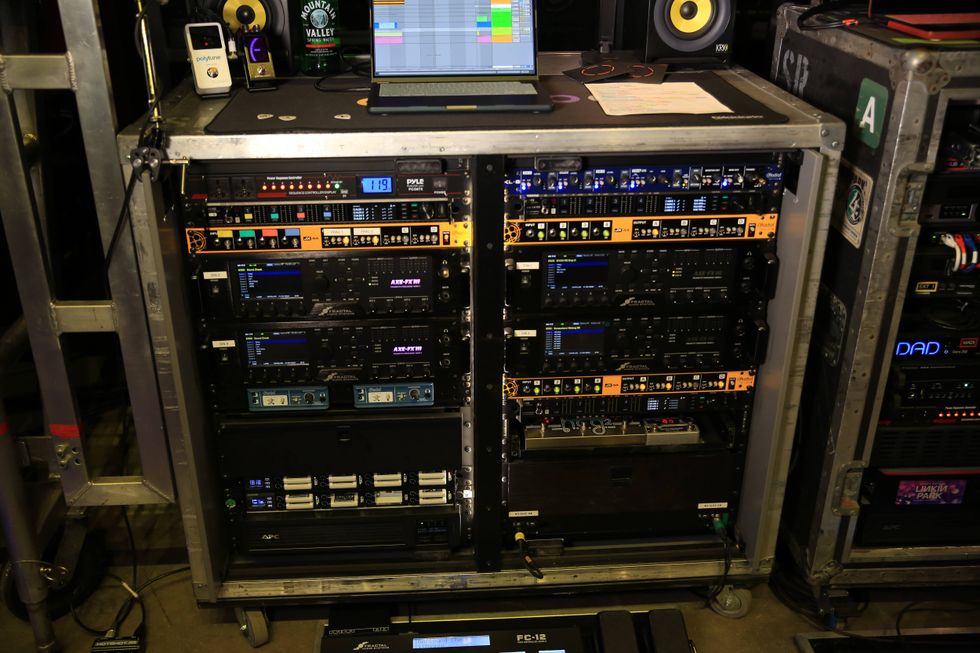
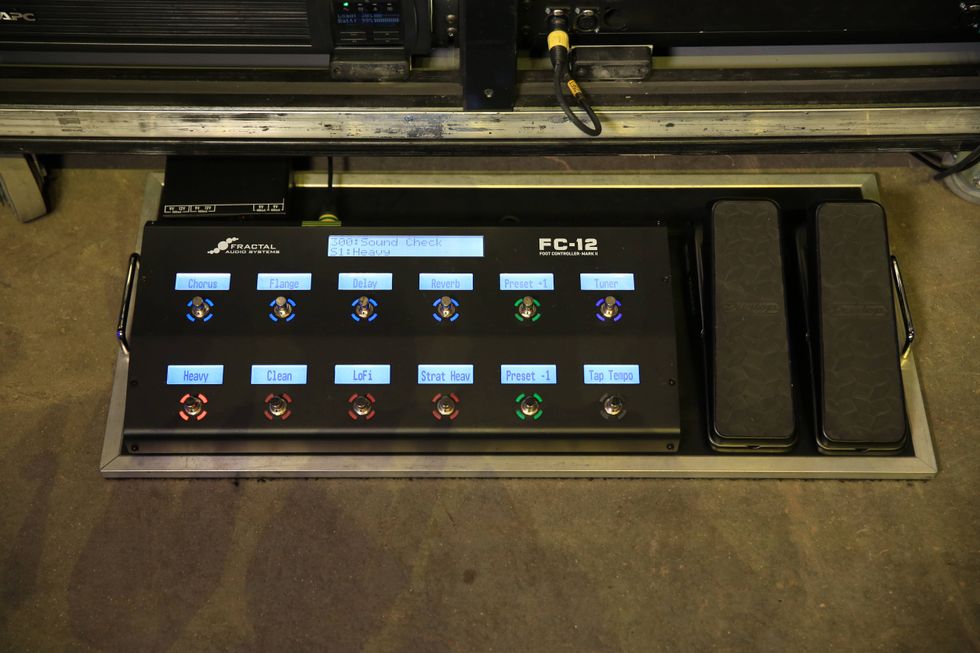
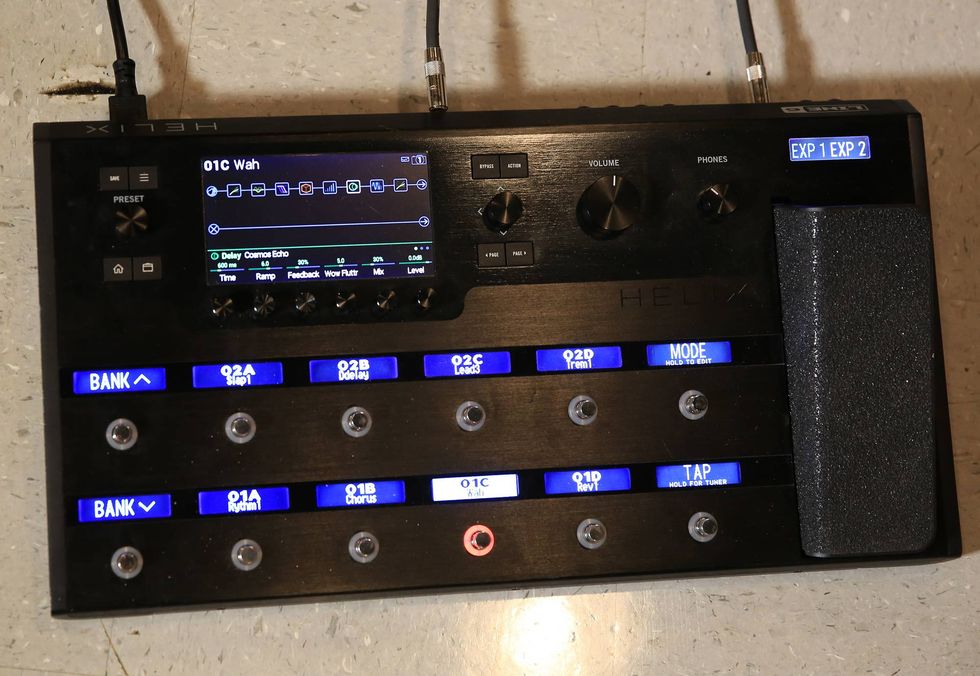
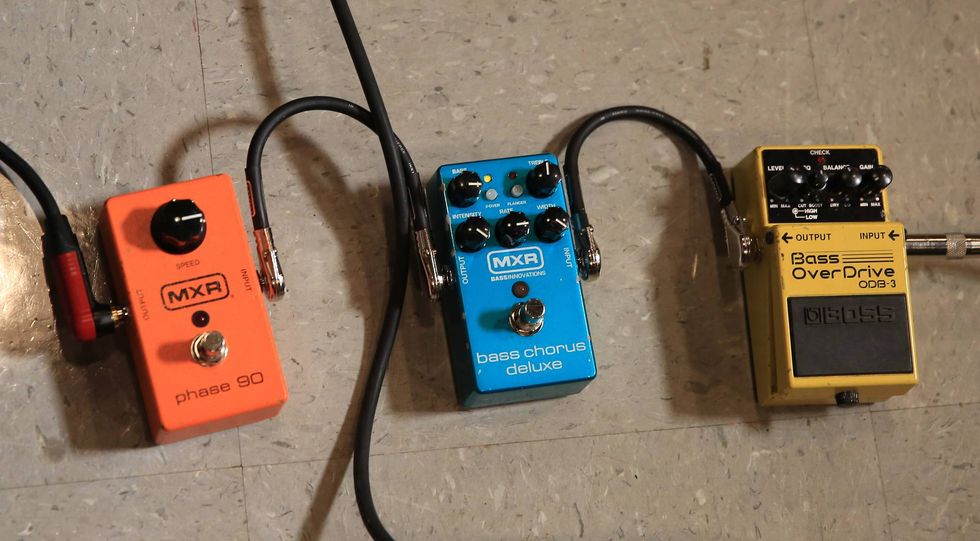
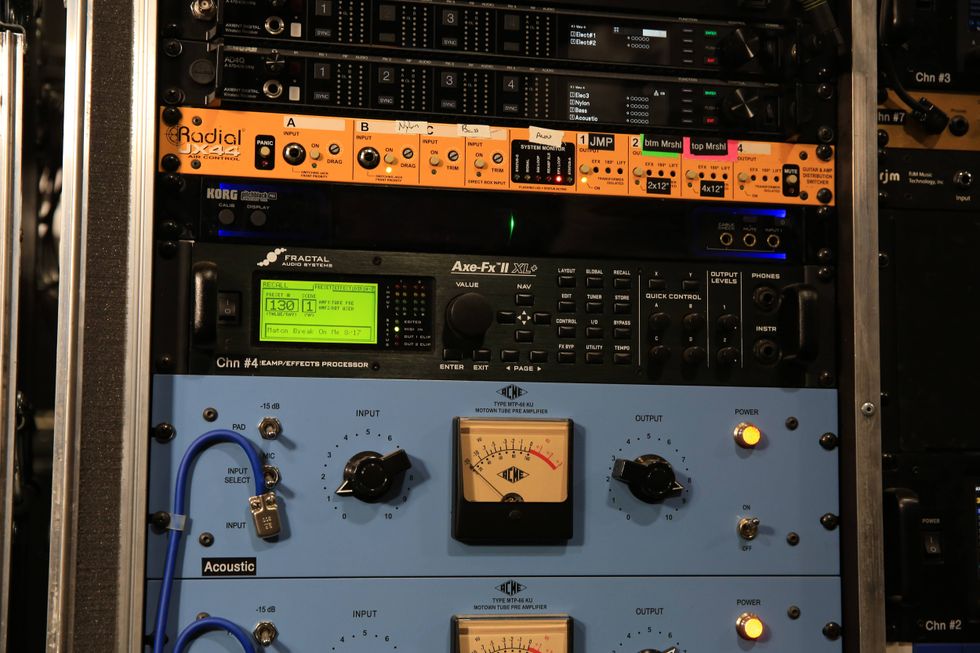
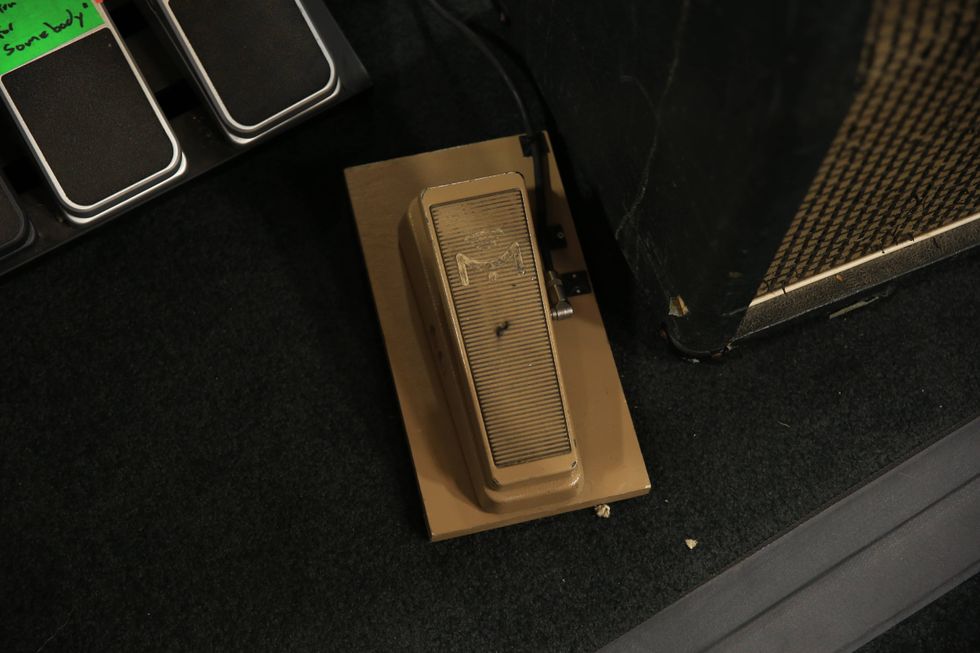
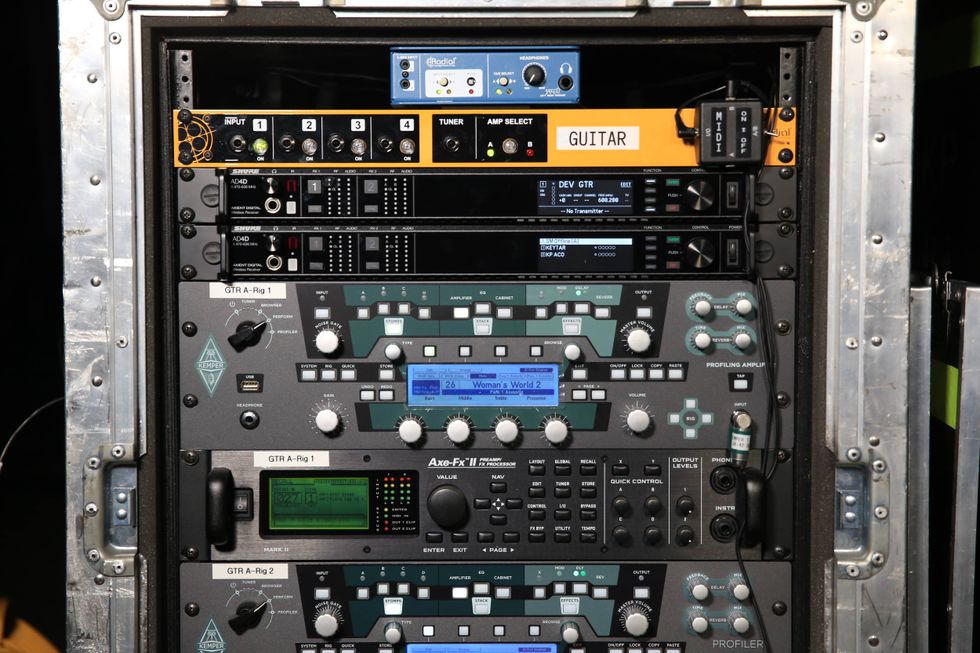
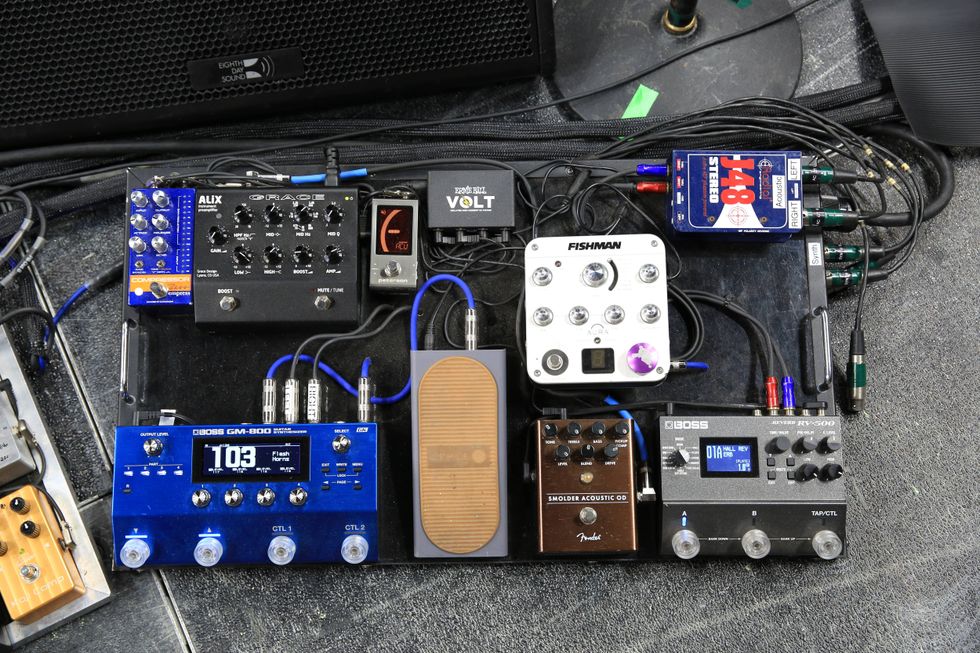
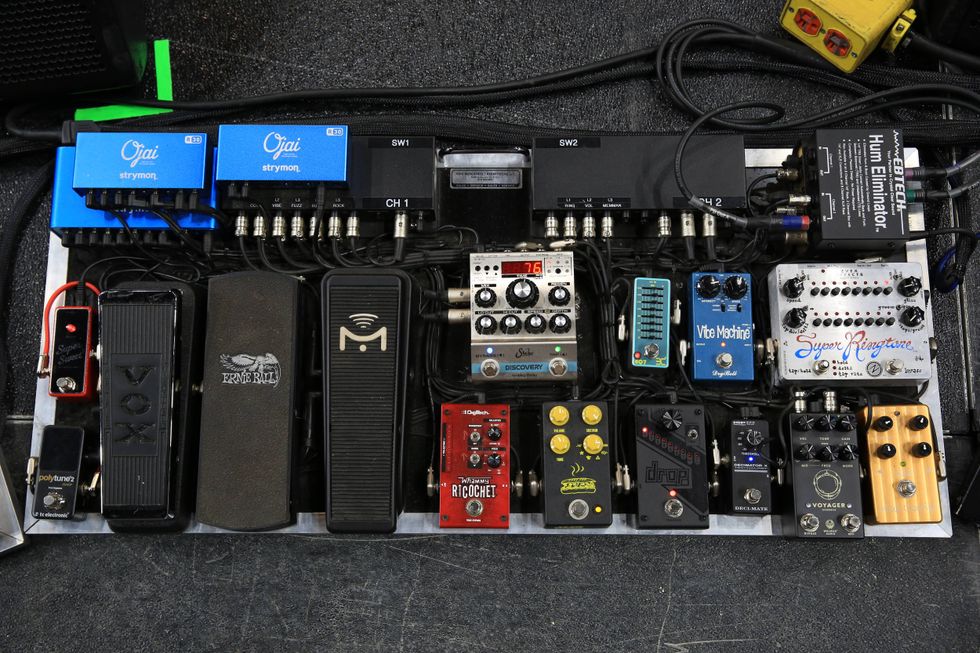
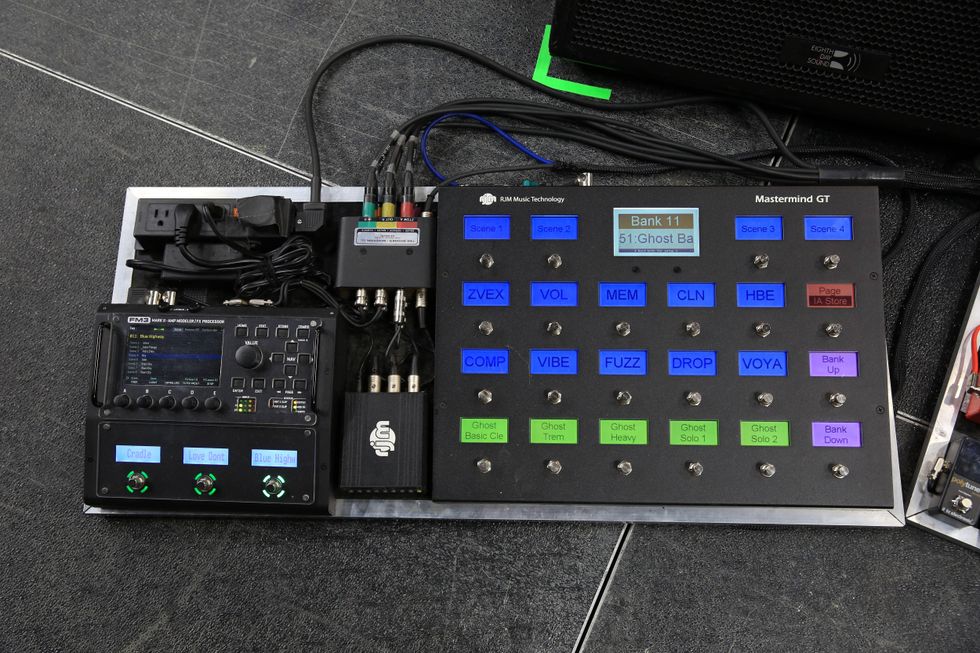
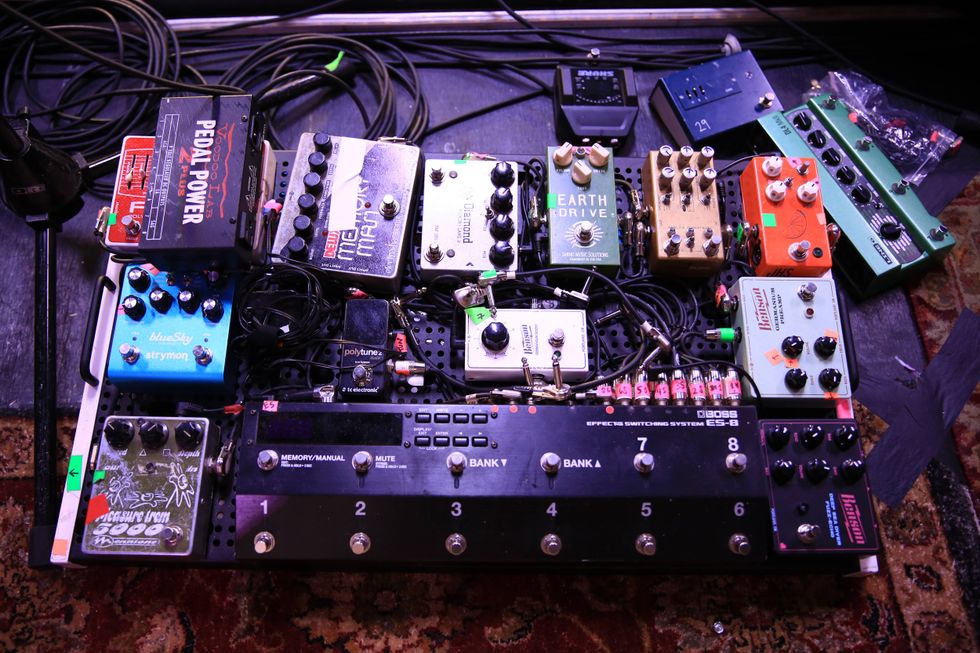
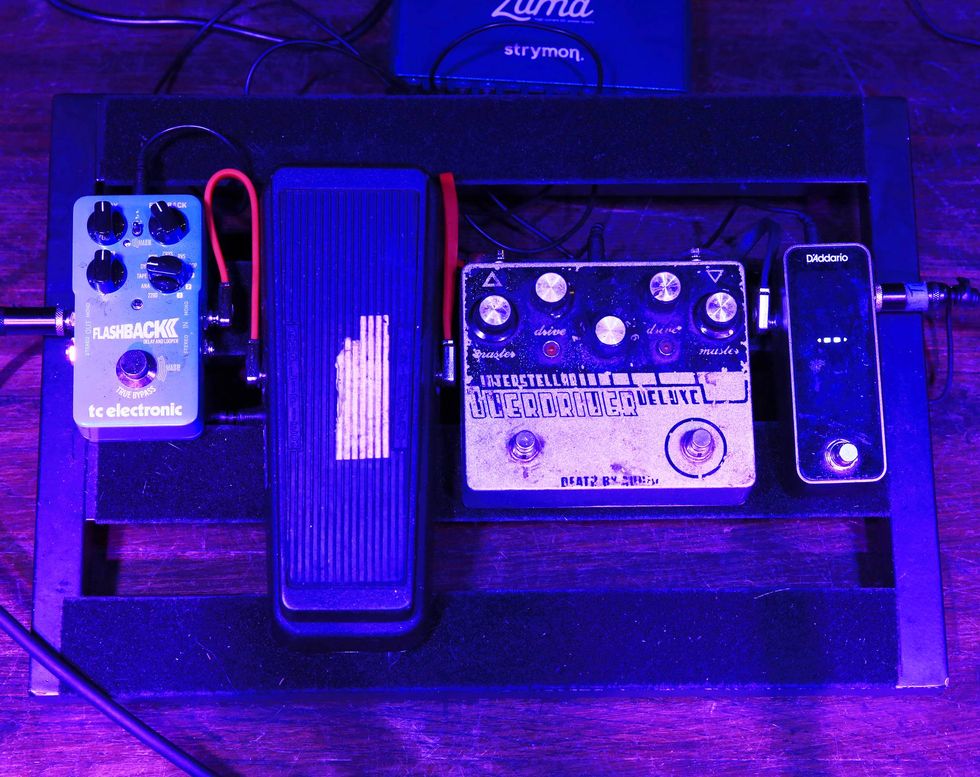
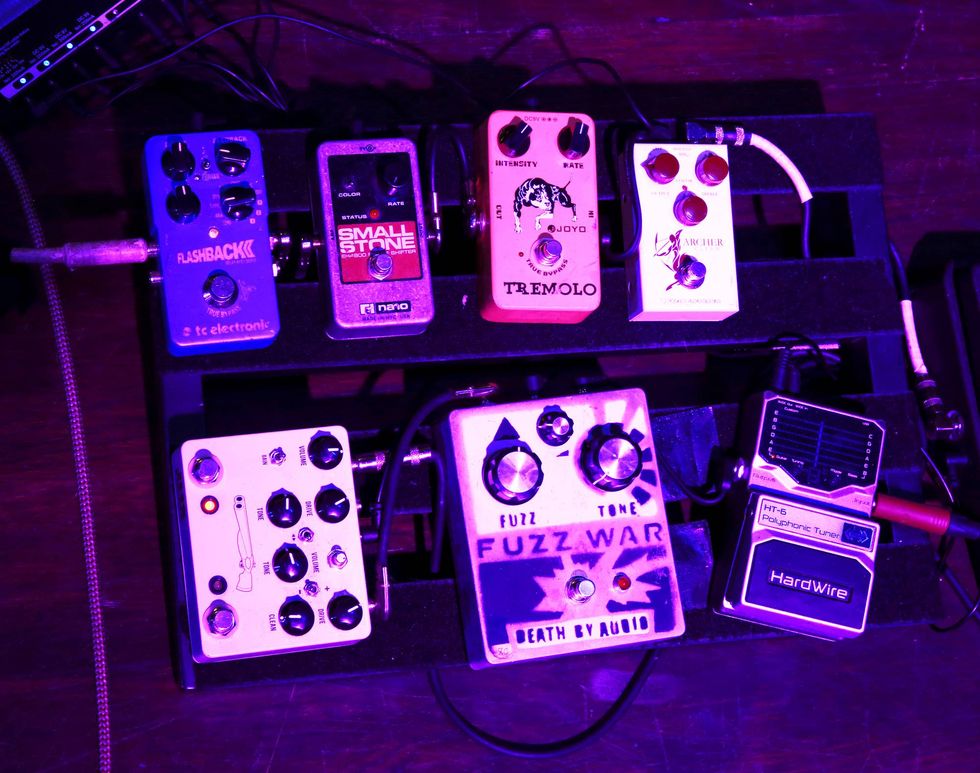
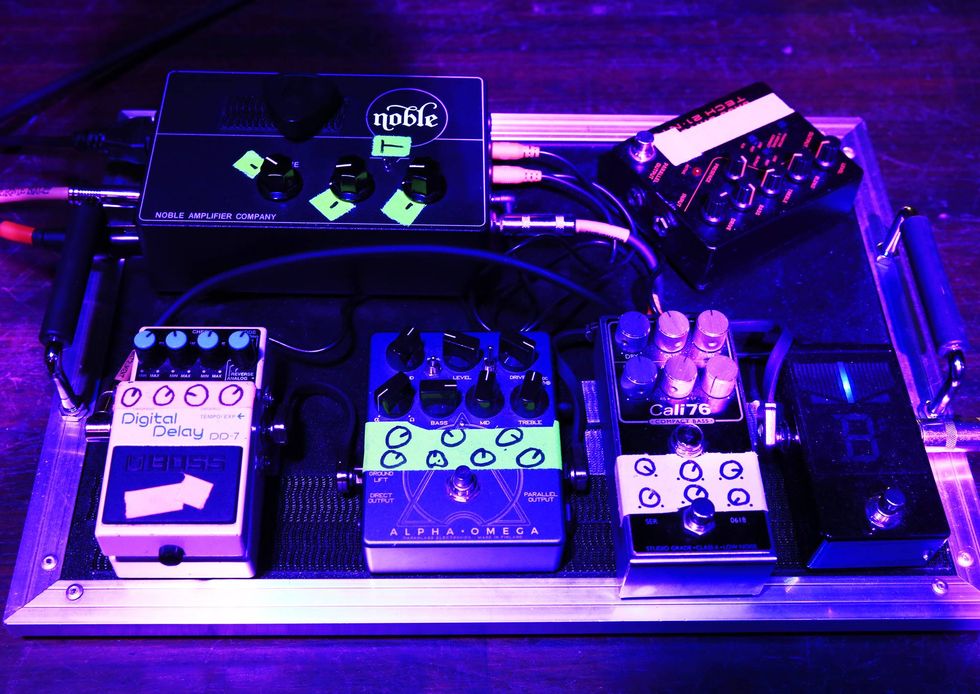
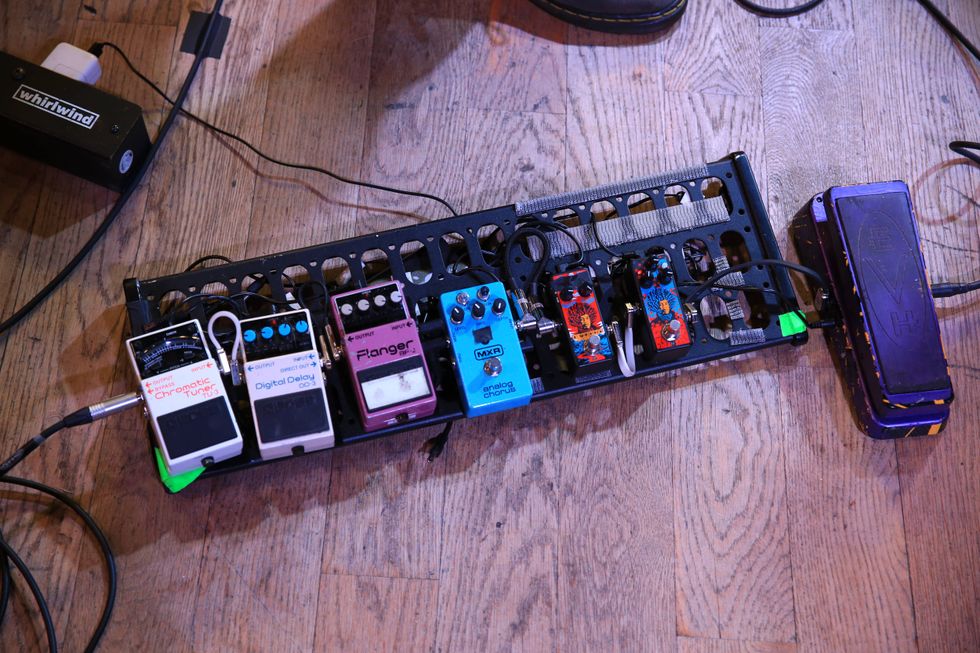
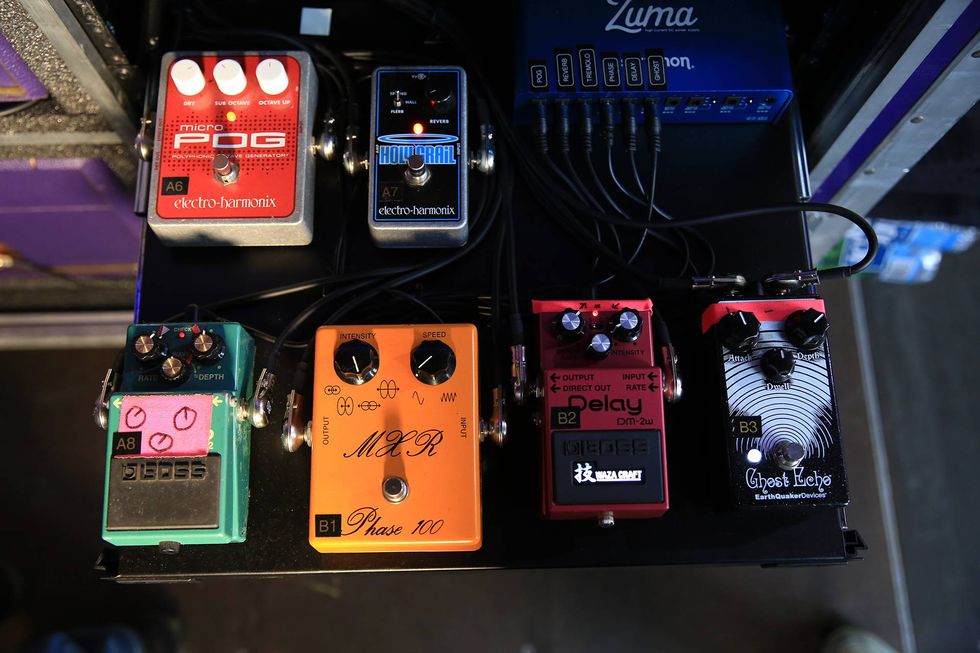
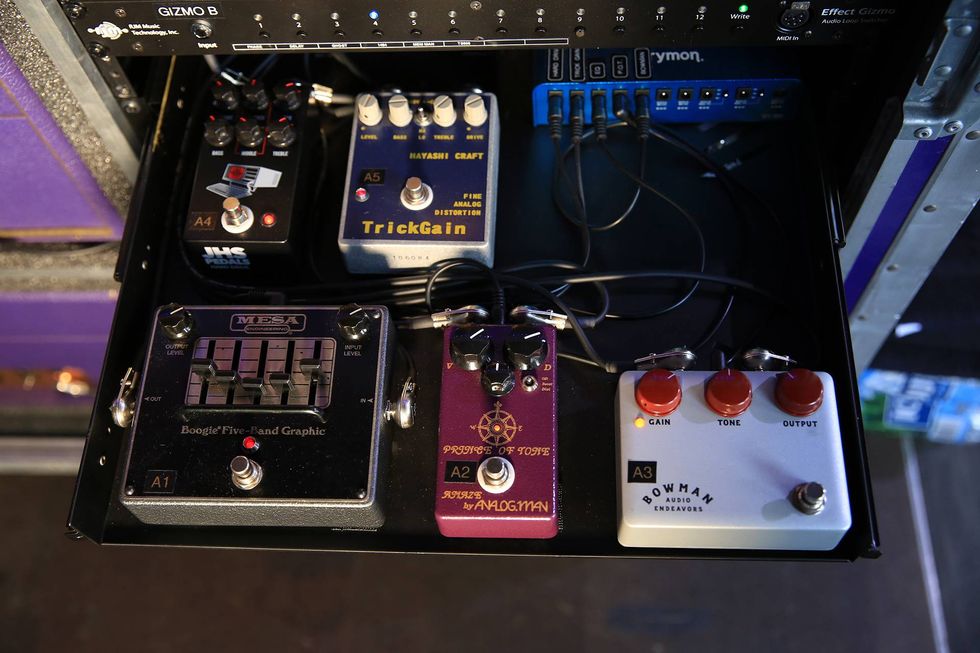
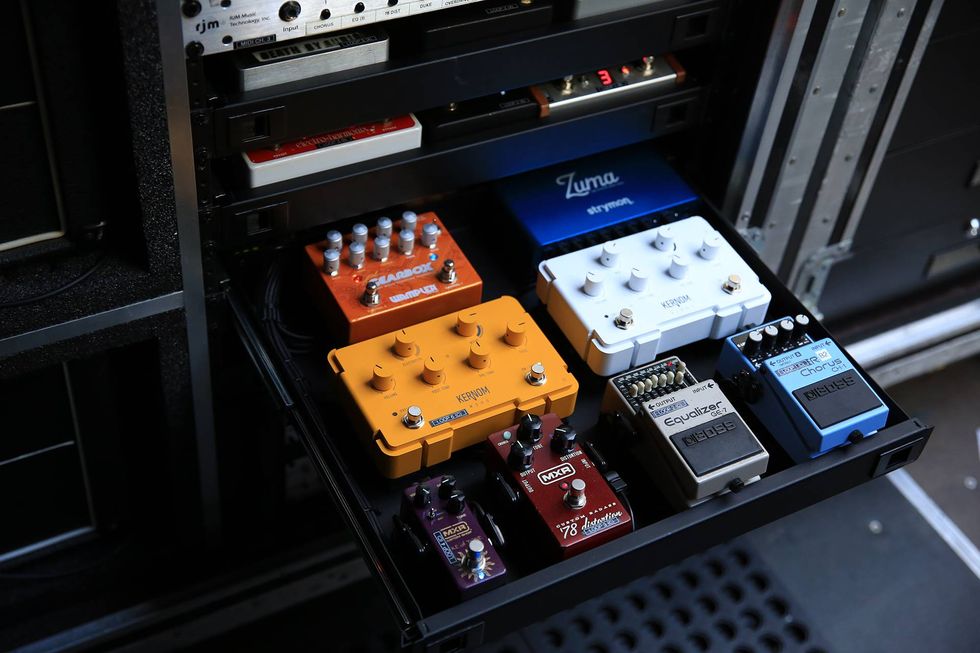
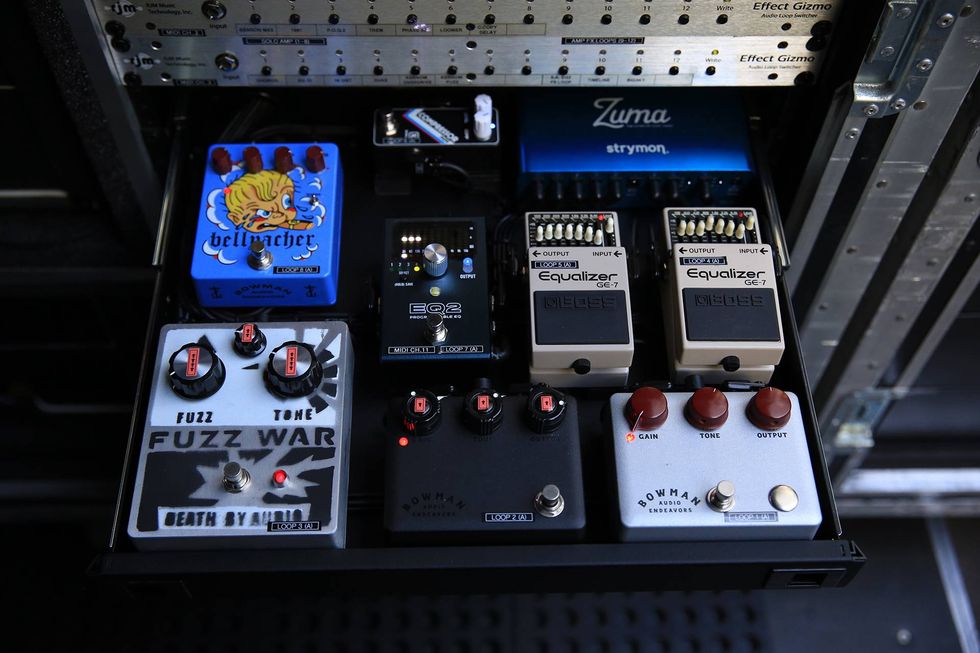
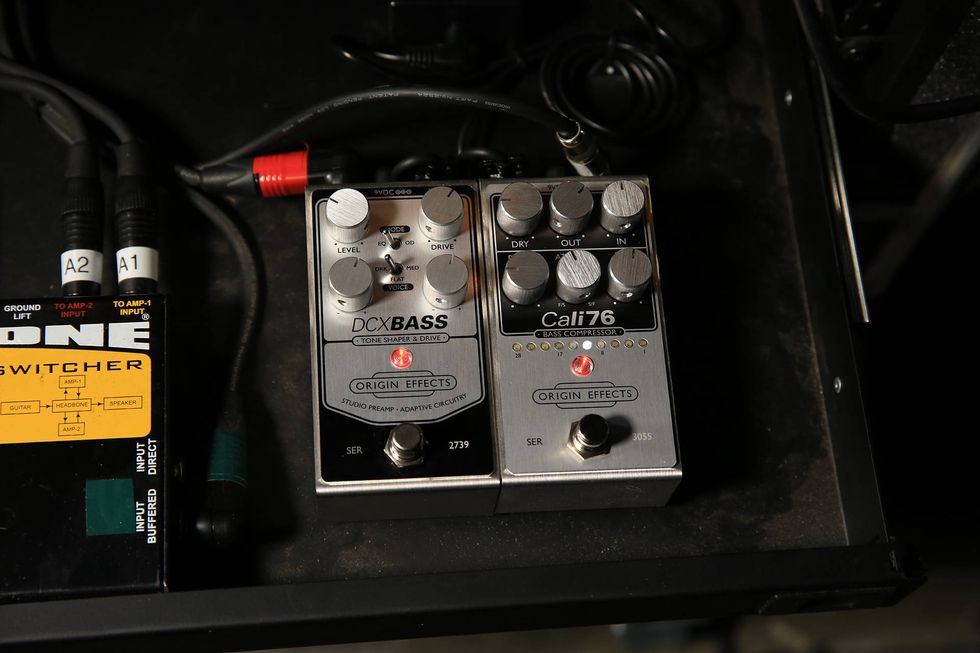
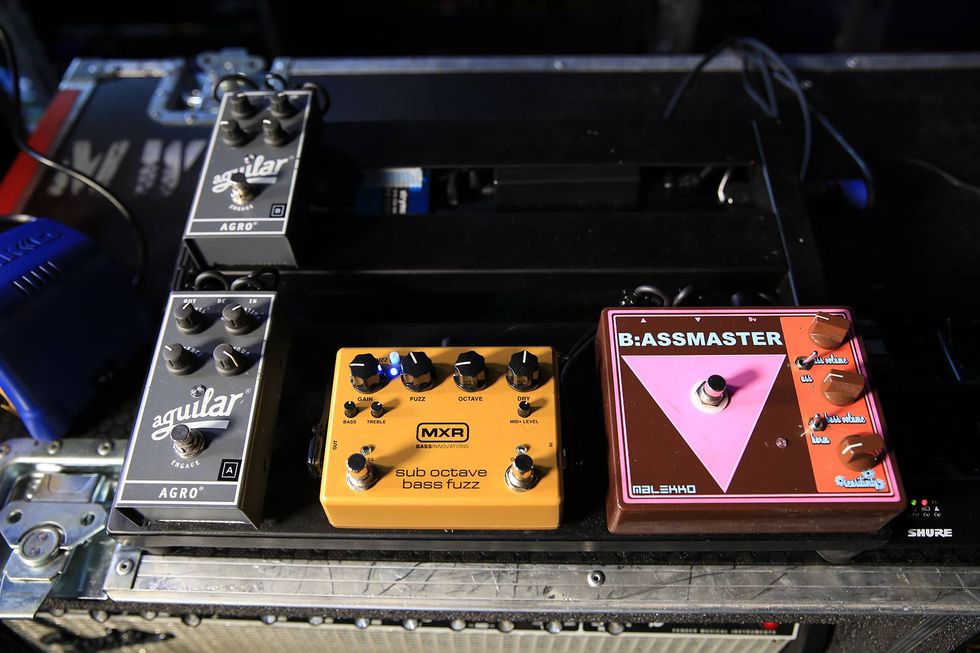
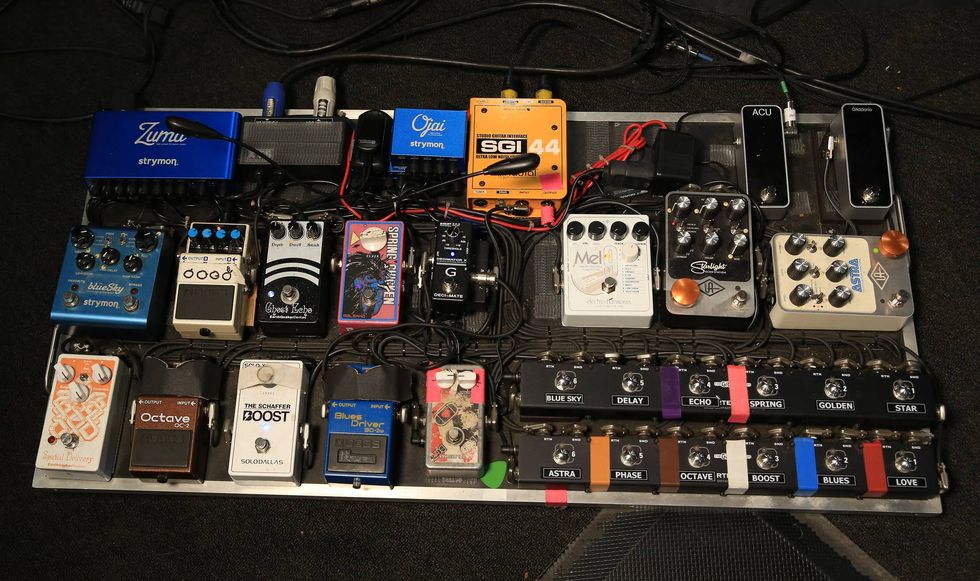
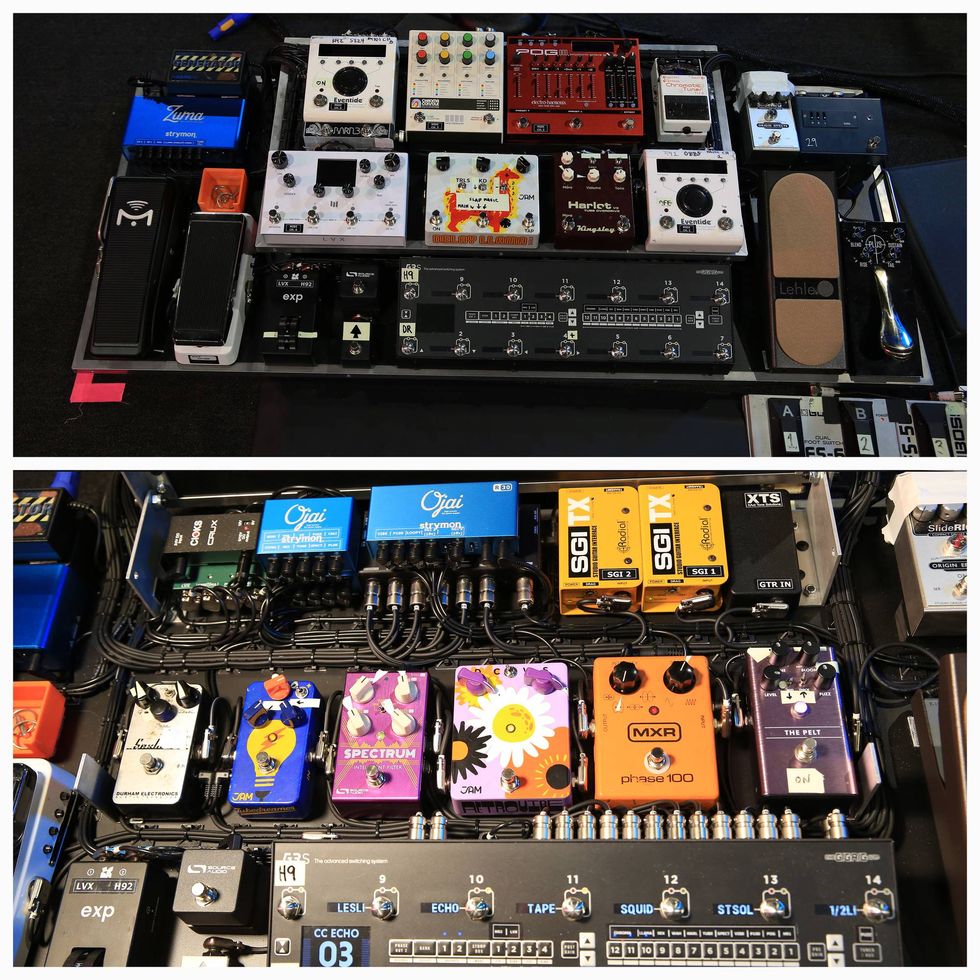
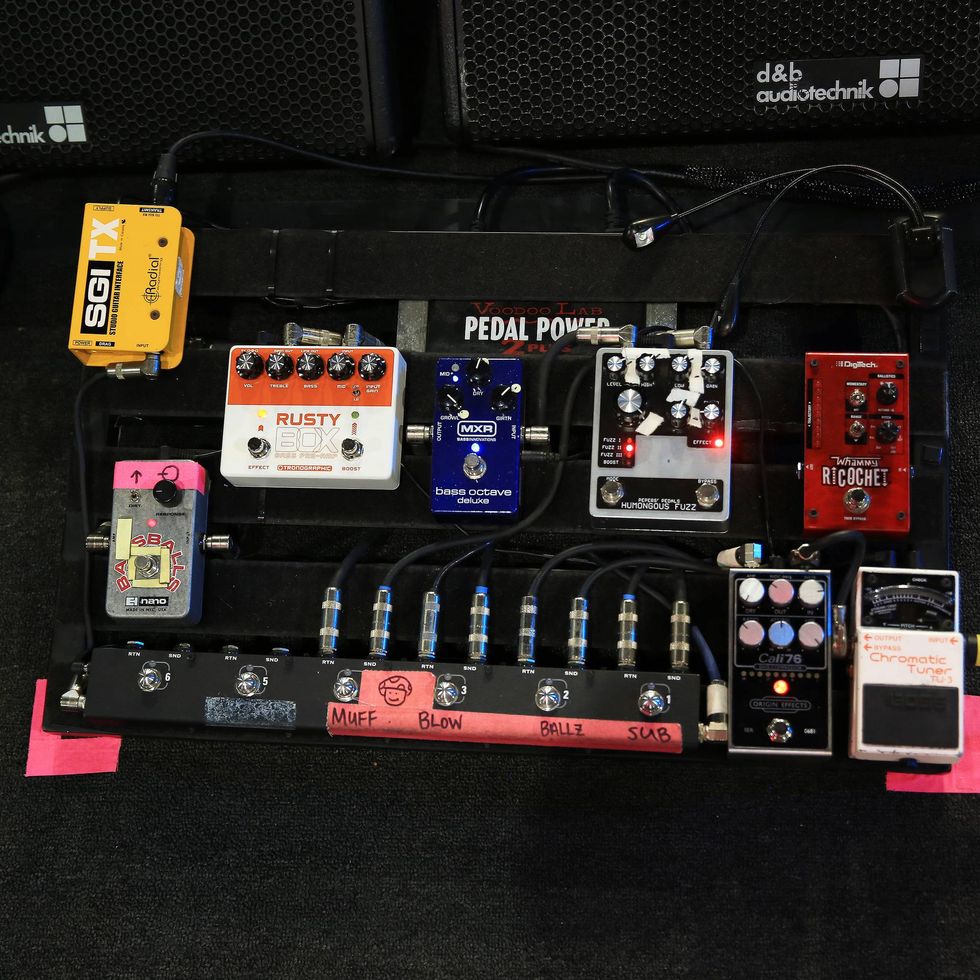



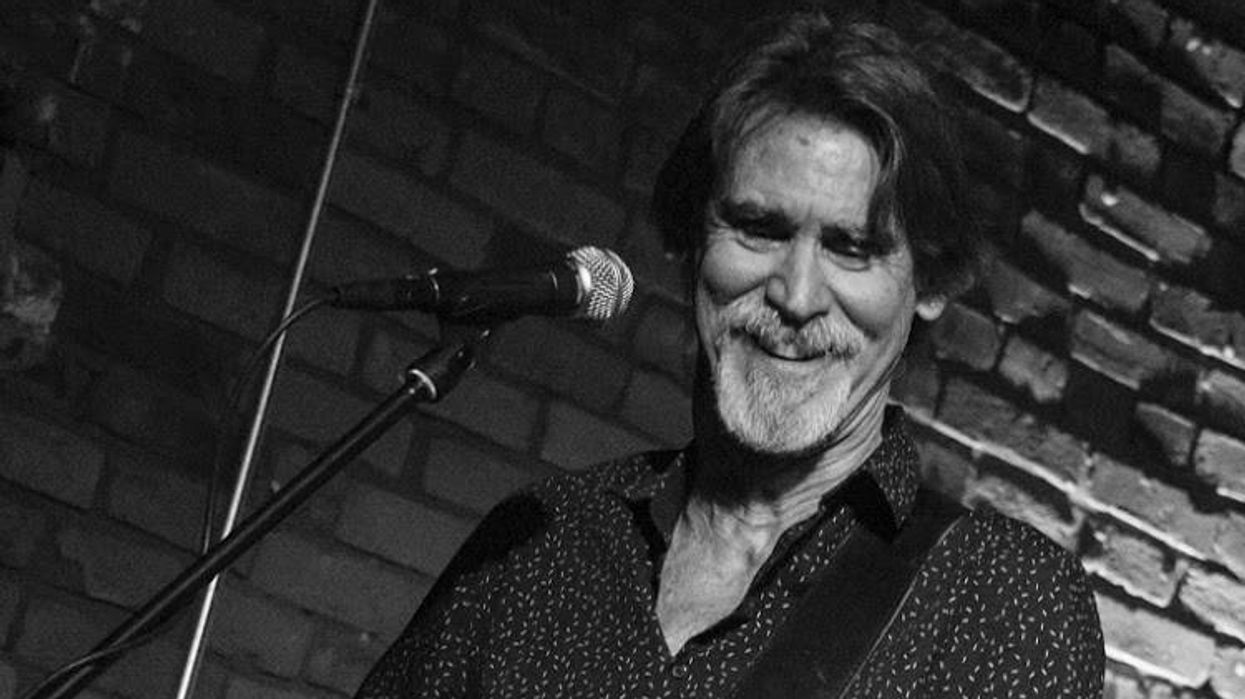
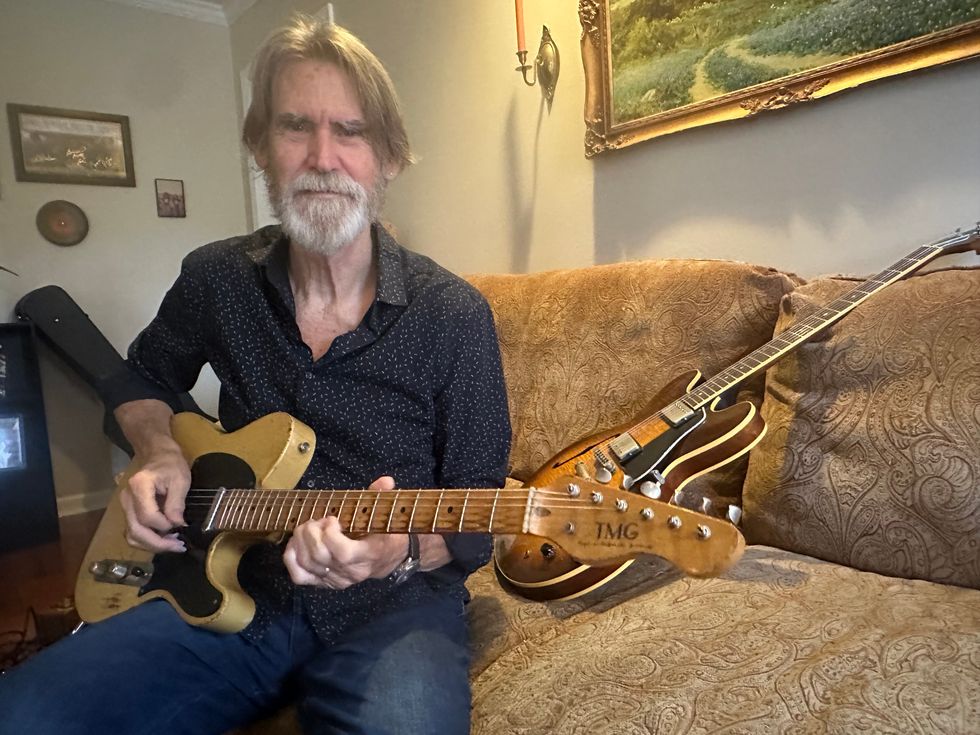 Will McFarlane keeps a Deluxe Memory Man in line with a Princeton—his rig for noodling on the couch at home.Ted Drozdowski
Will McFarlane keeps a Deluxe Memory Man in line with a Princeton—his rig for noodling on the couch at home.Ted Drozdowski